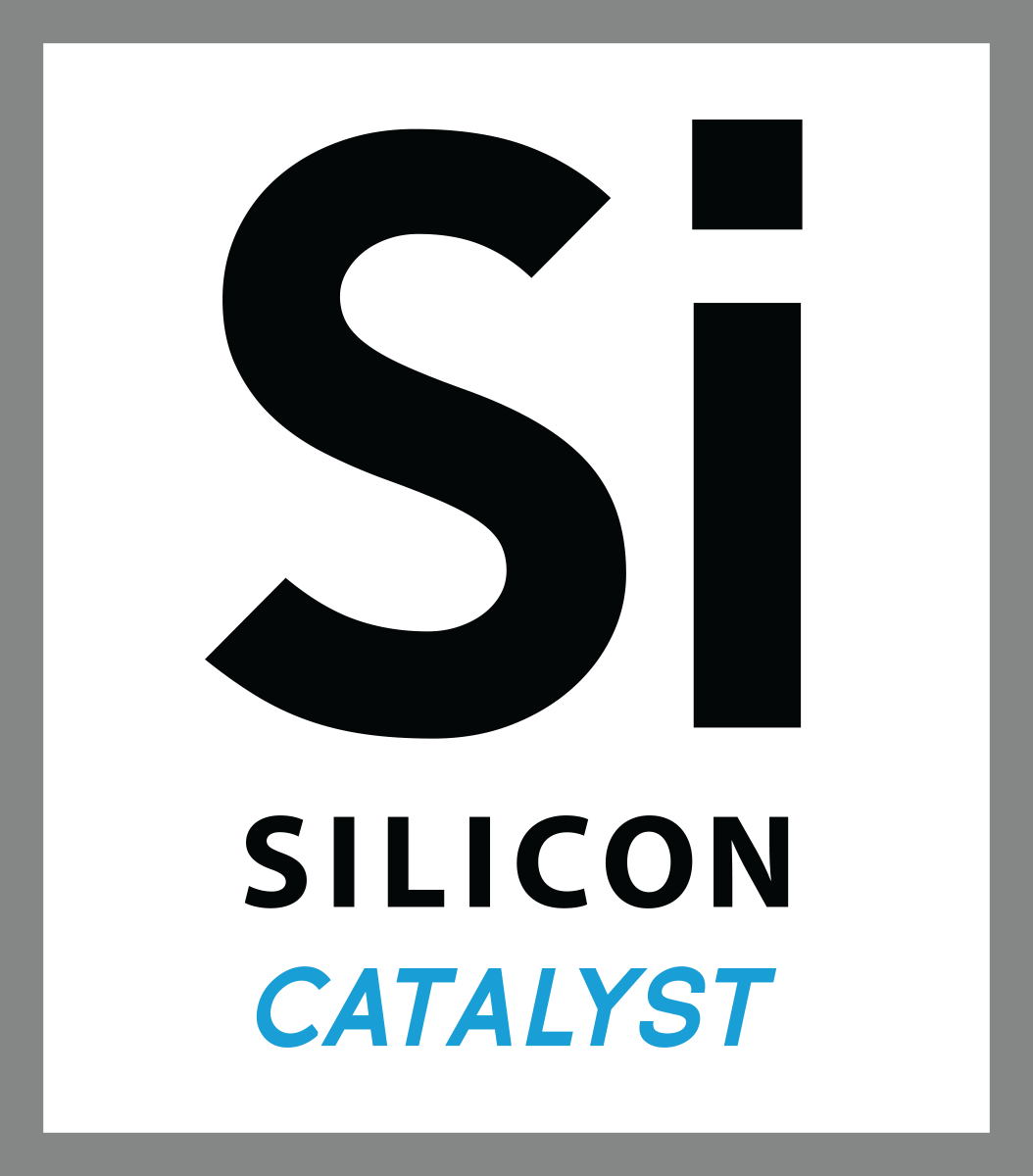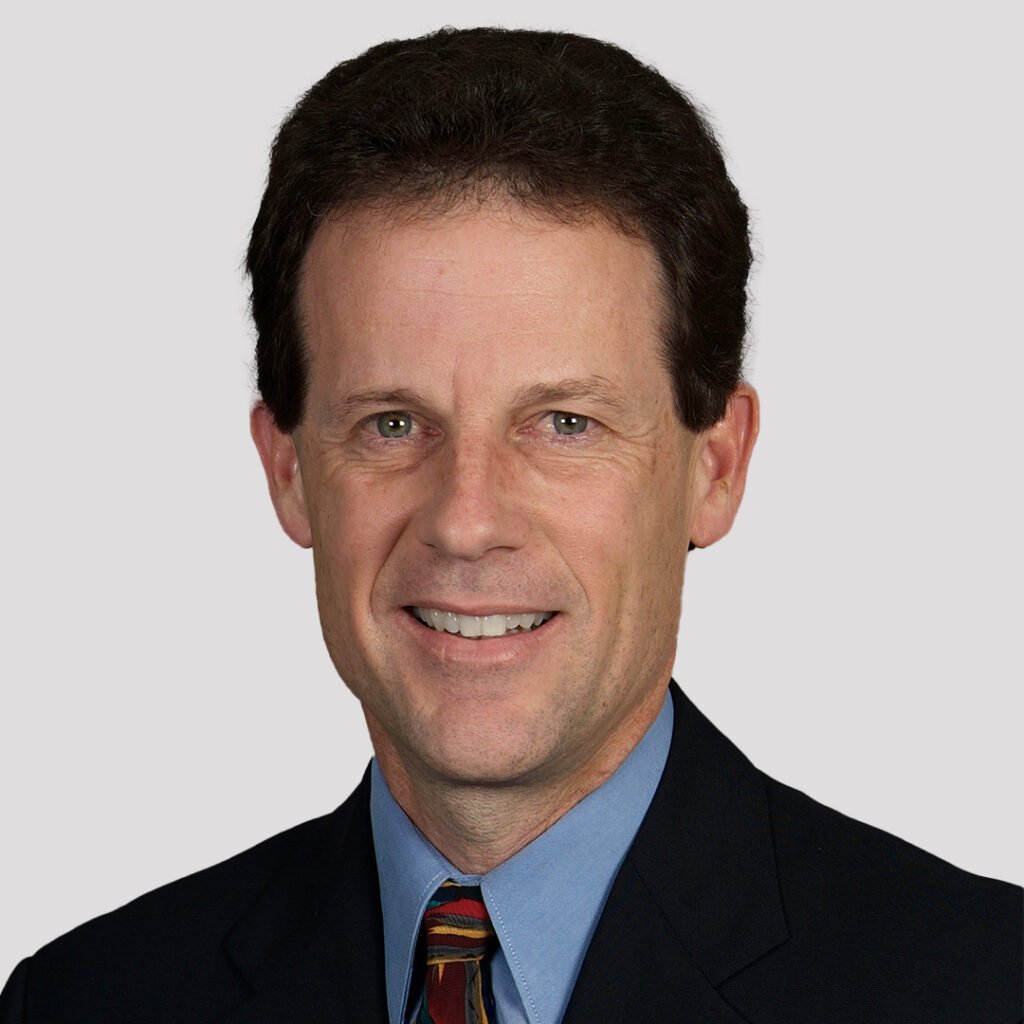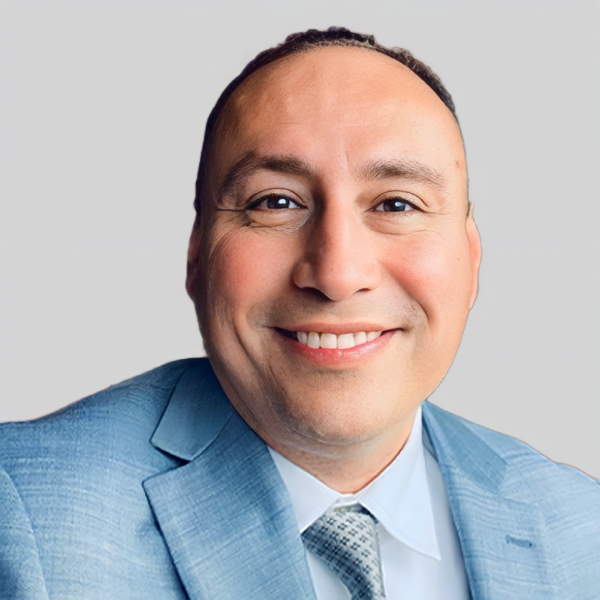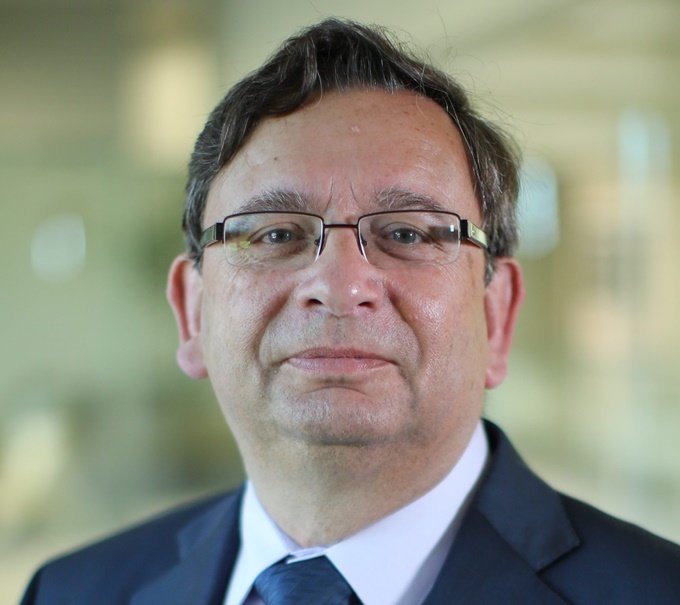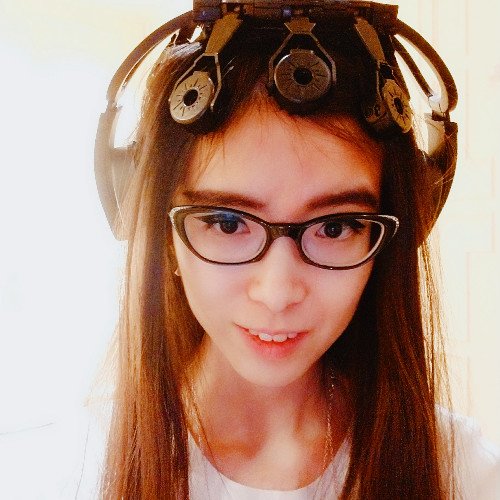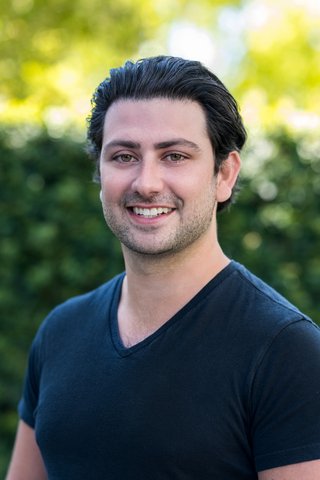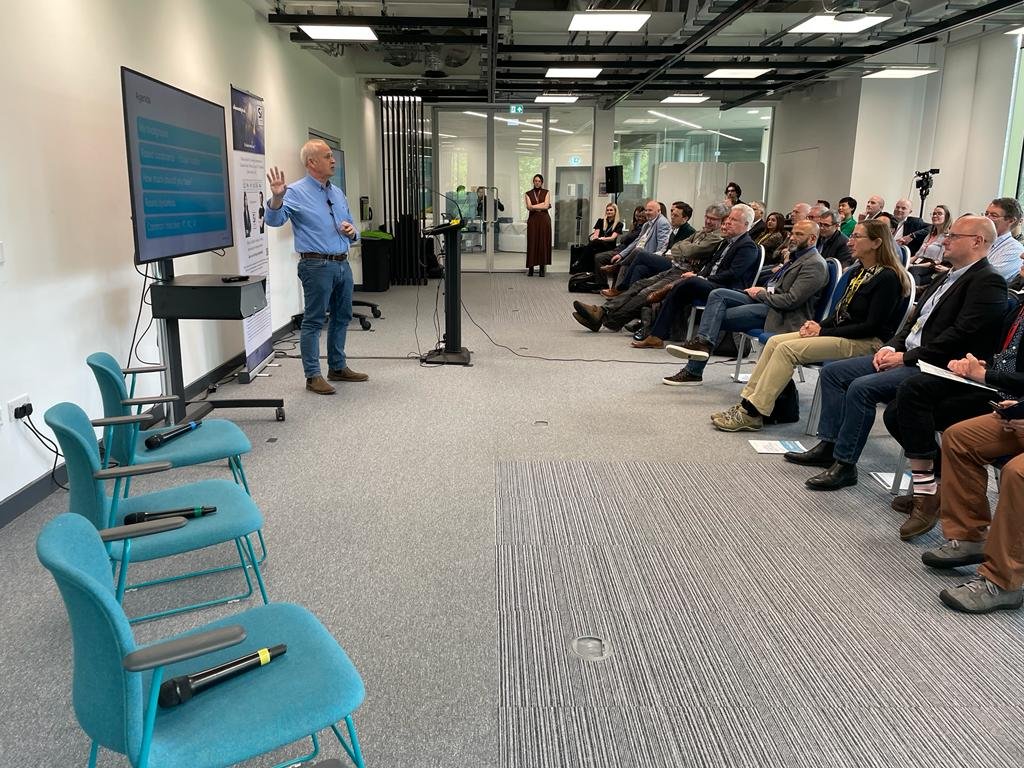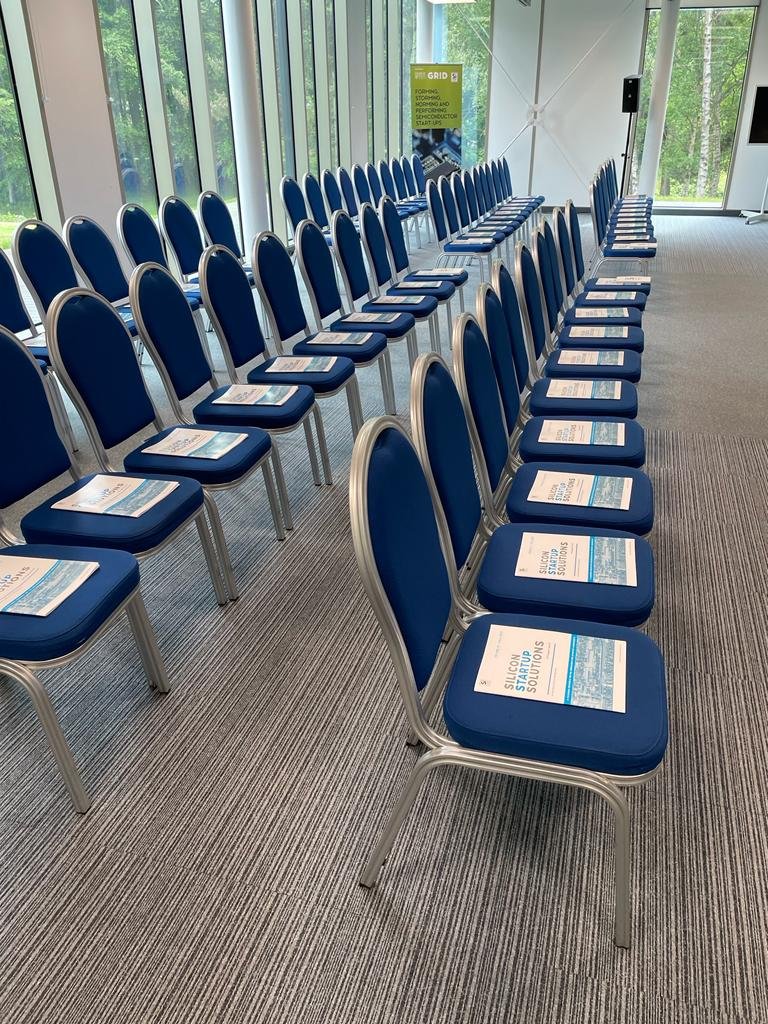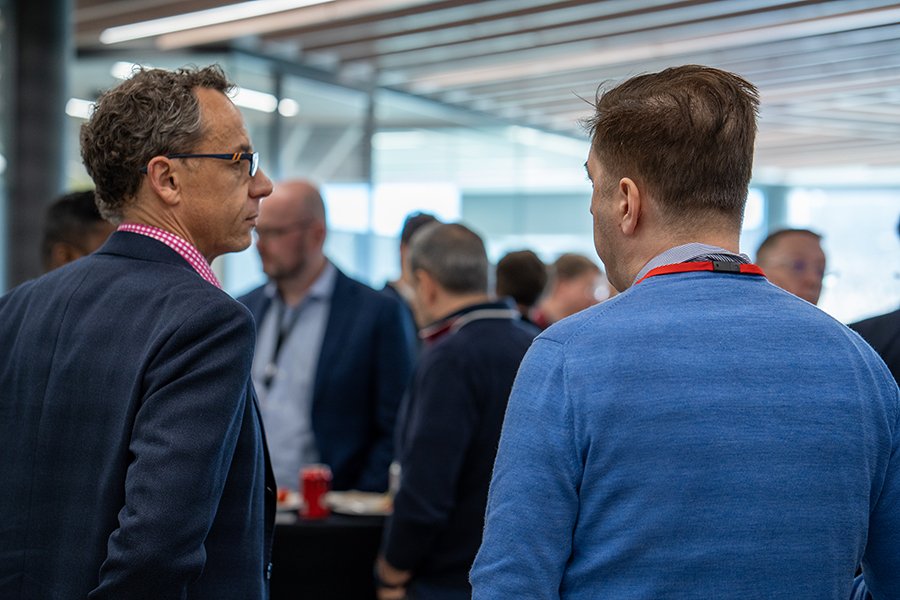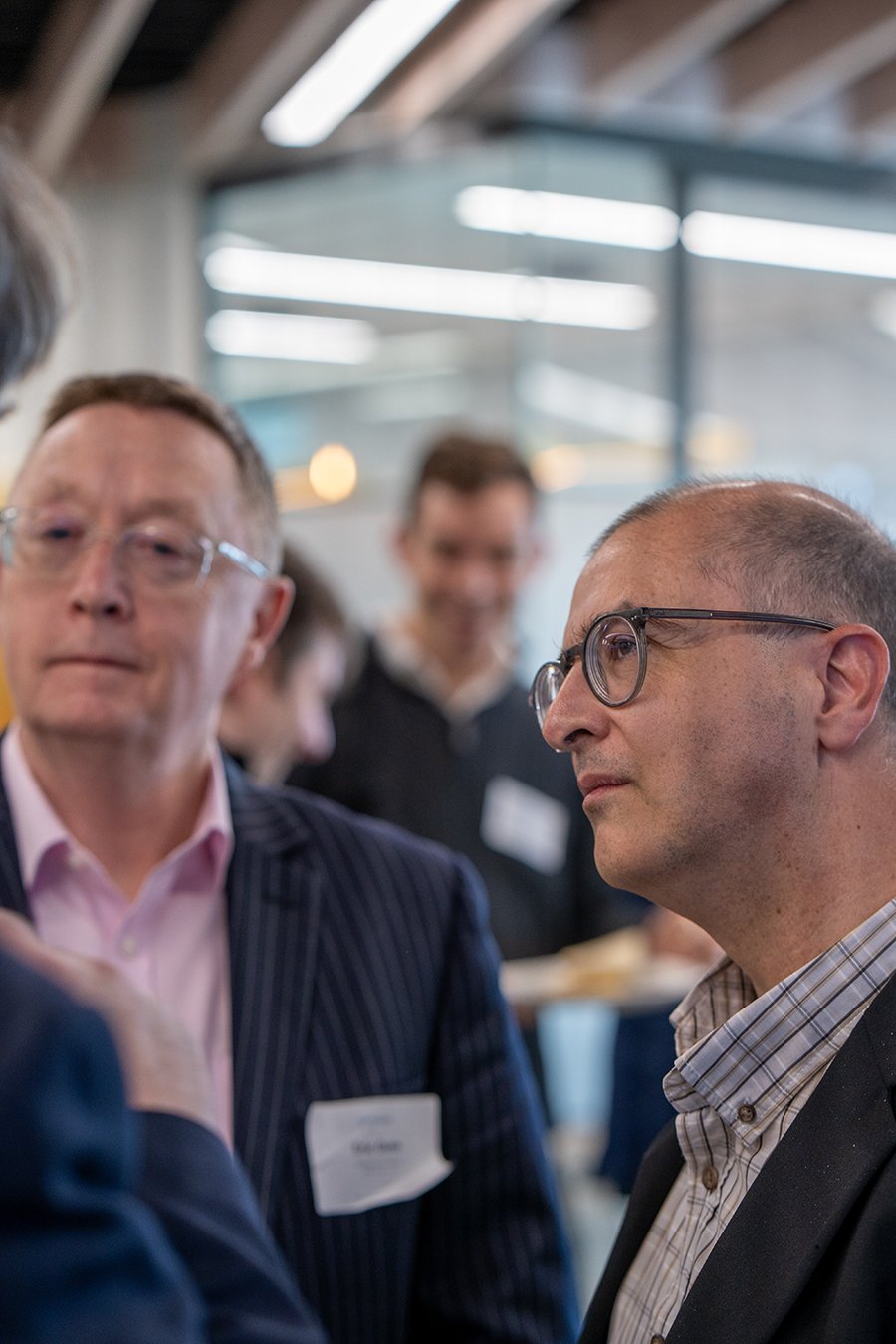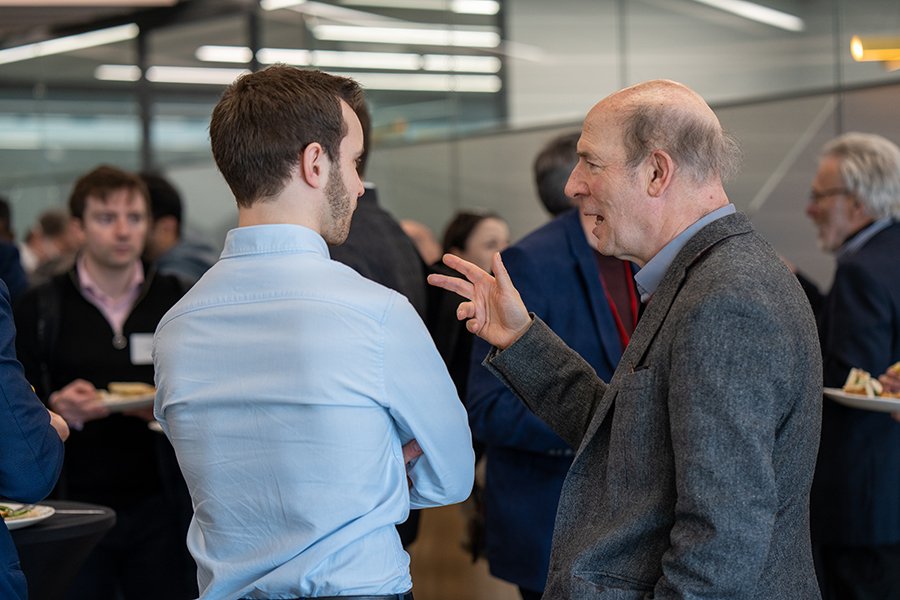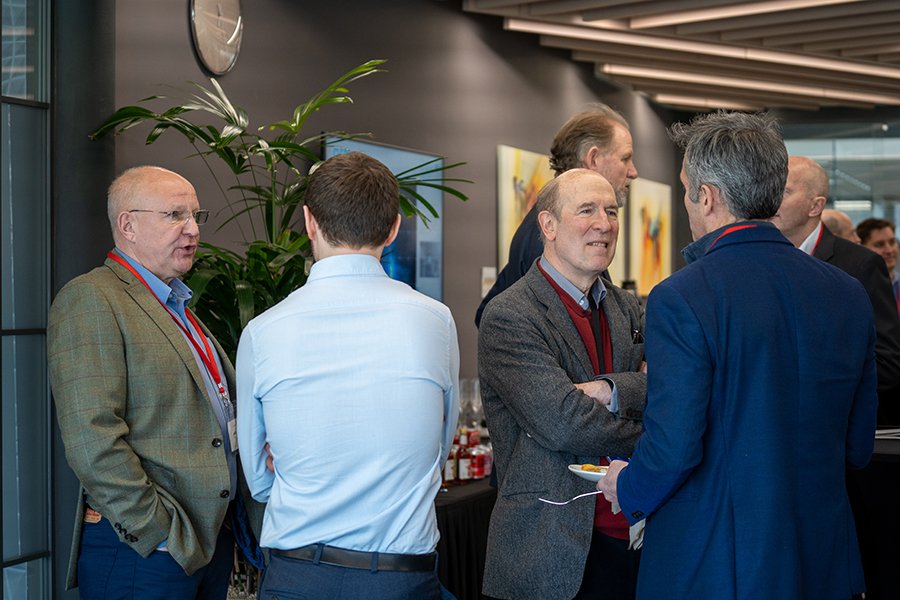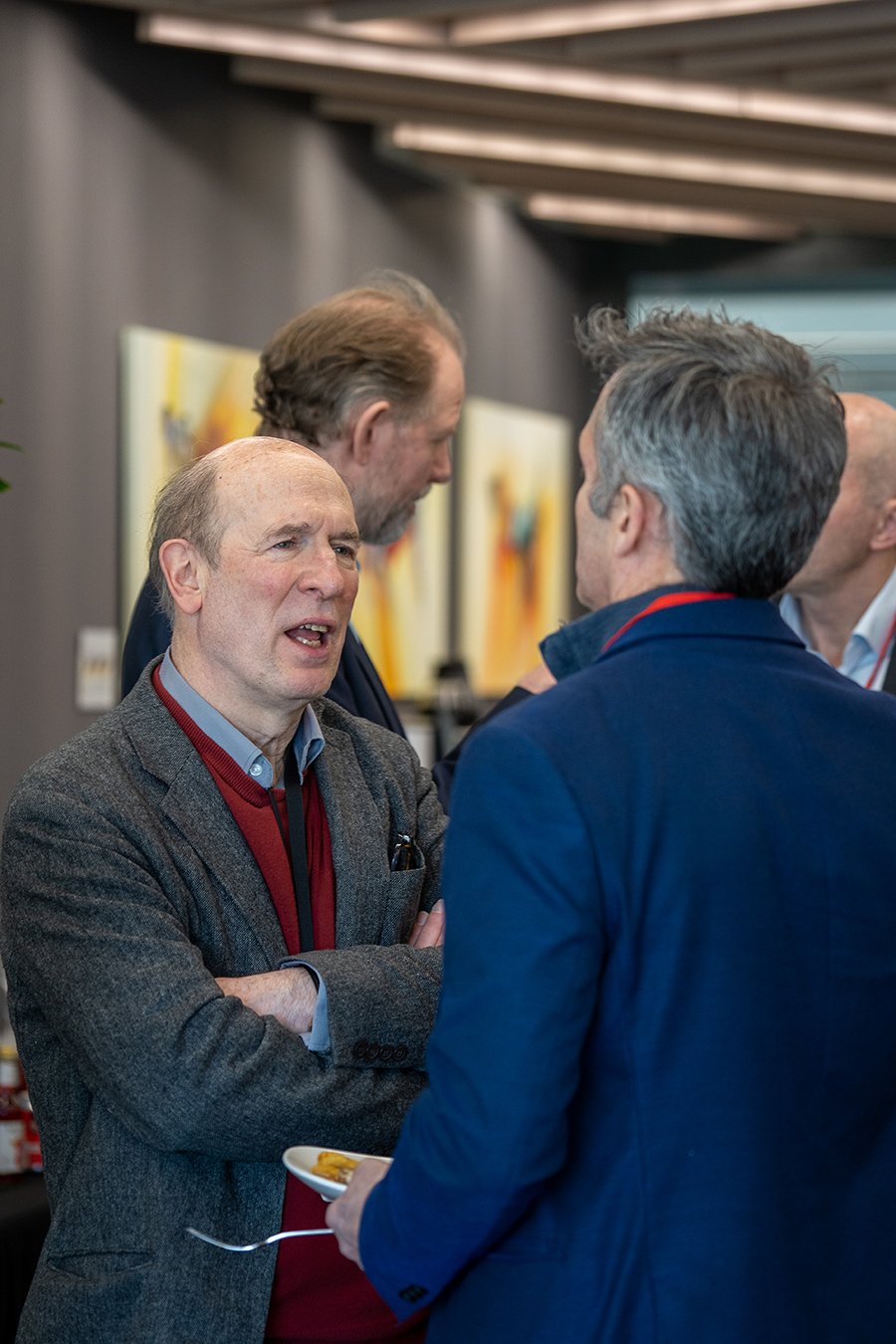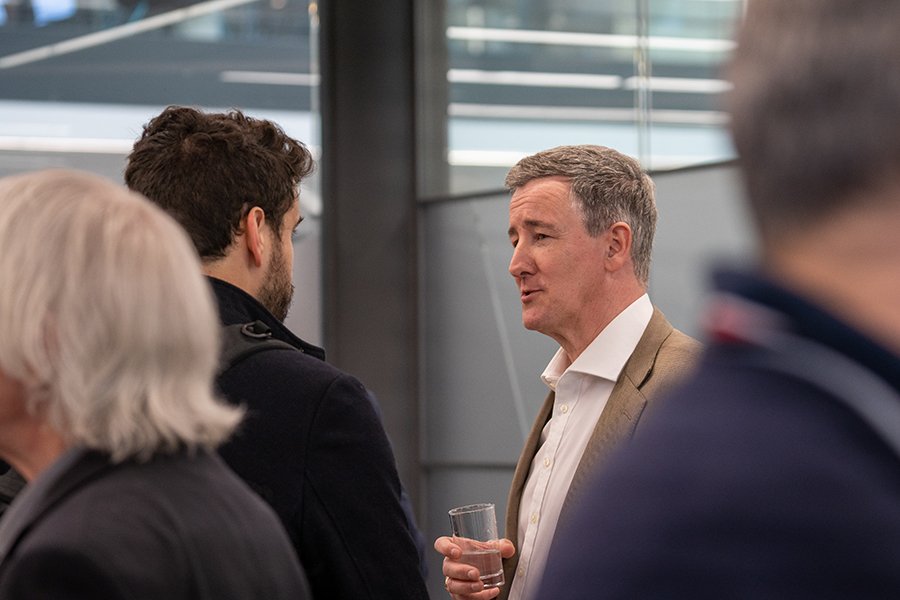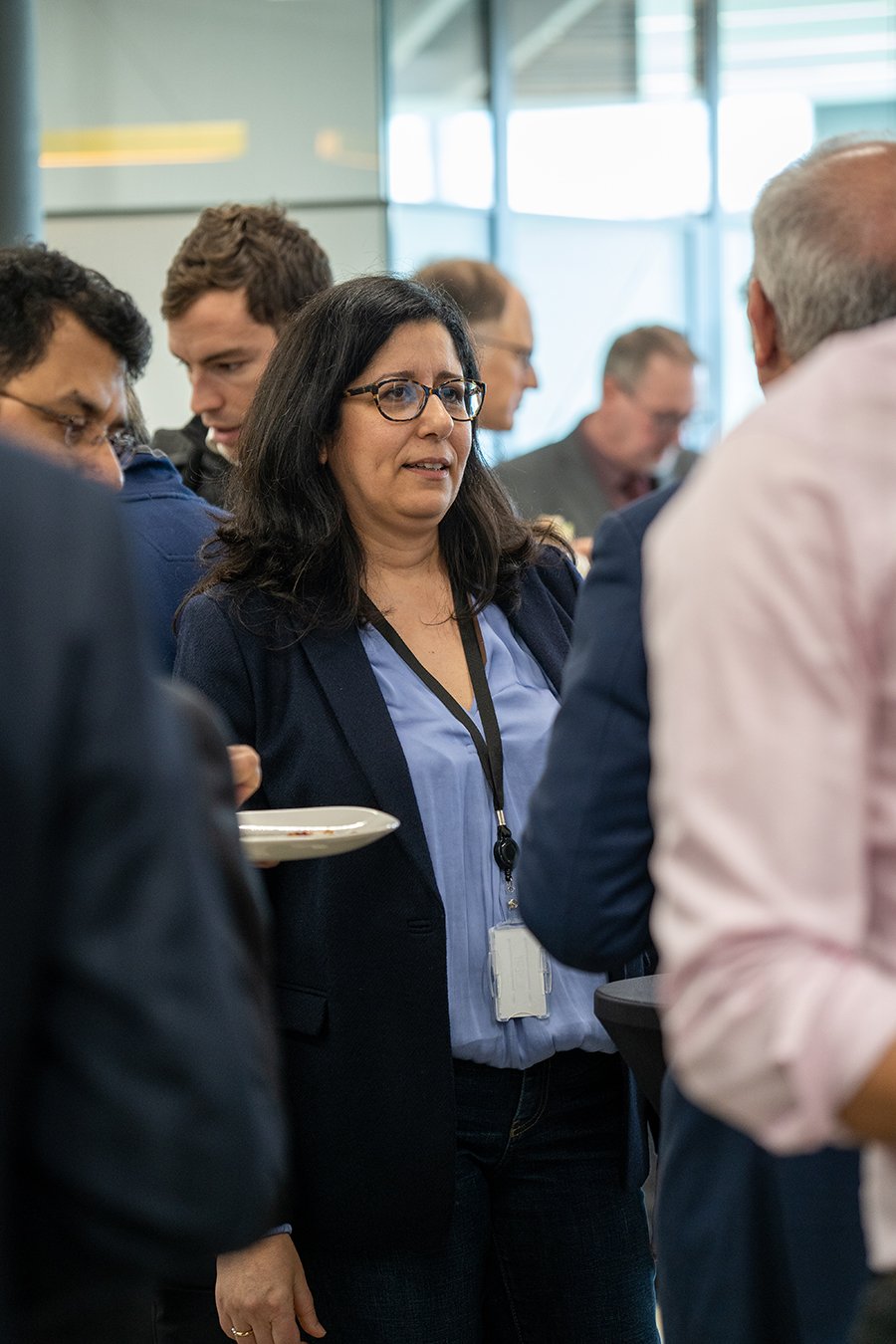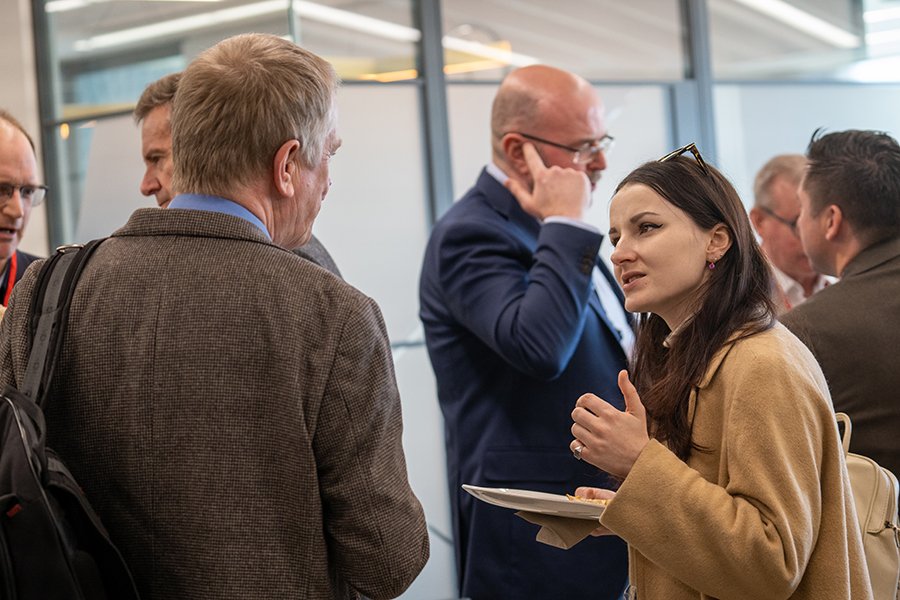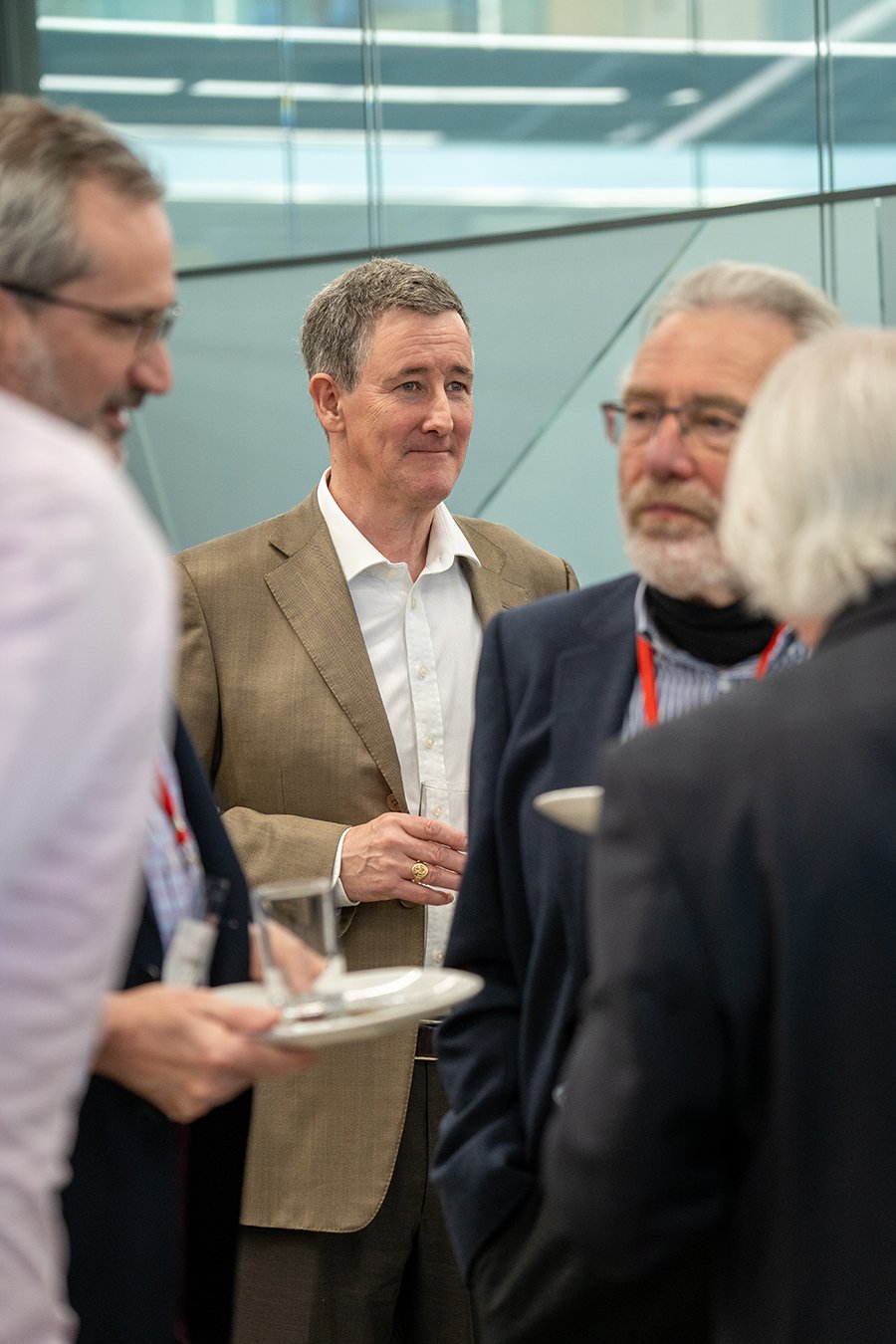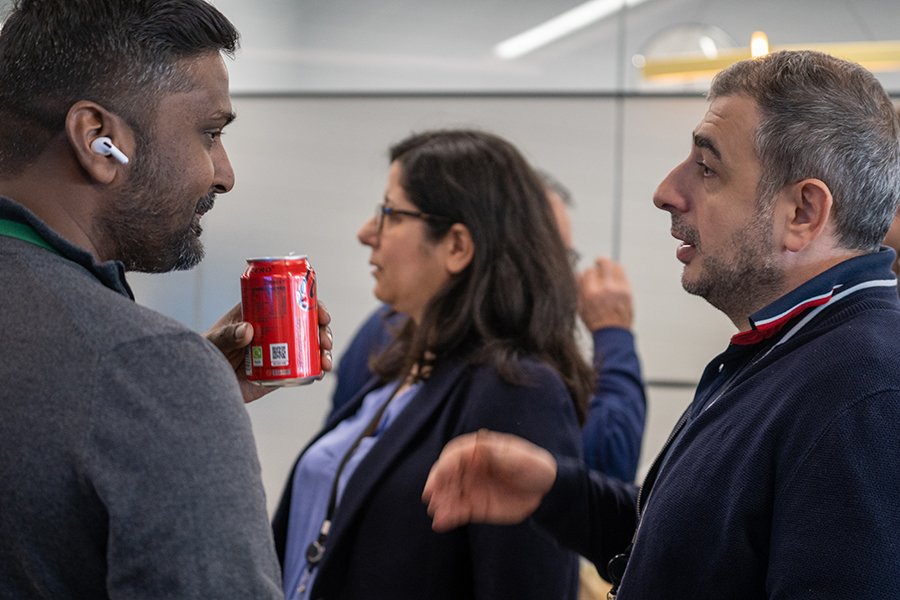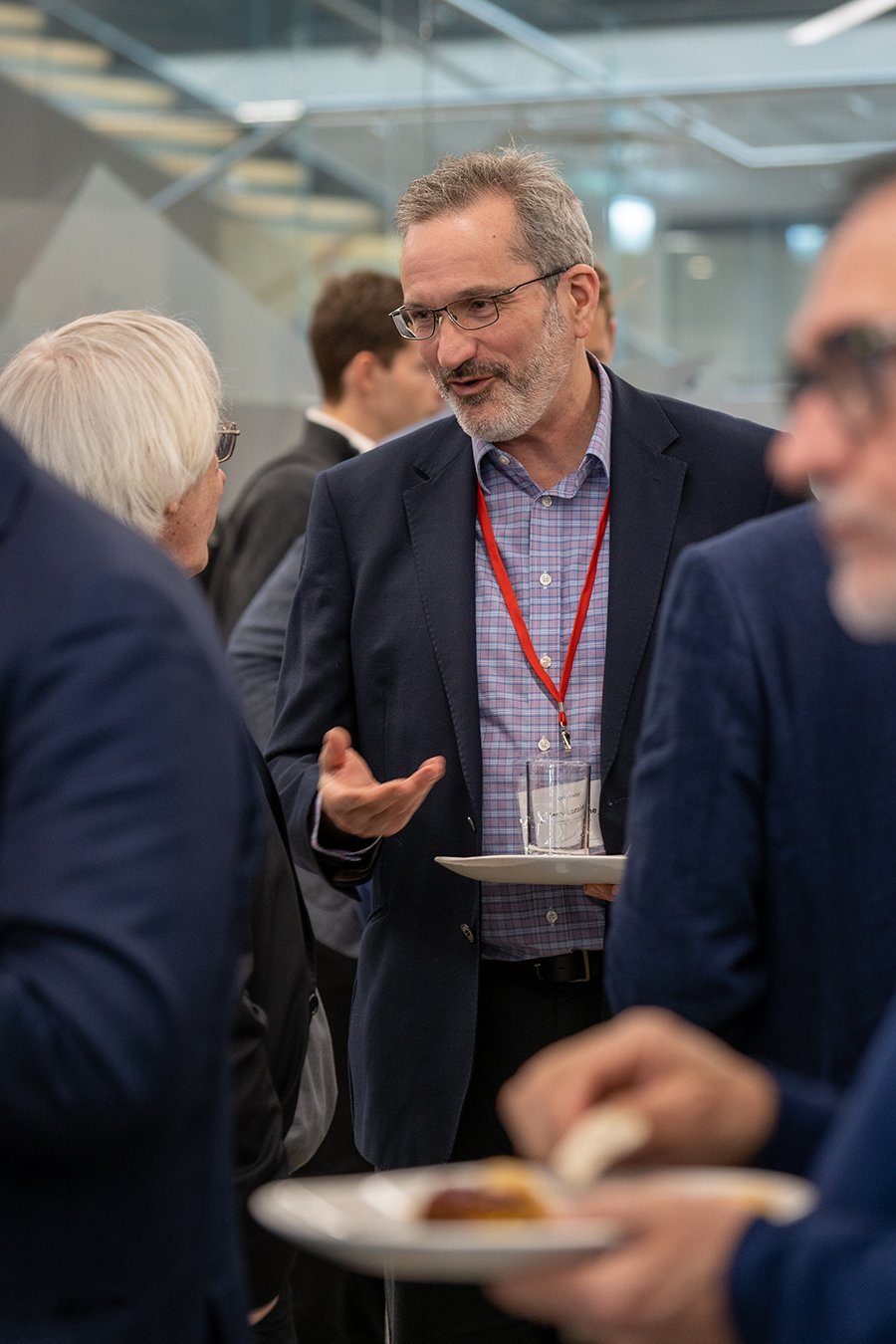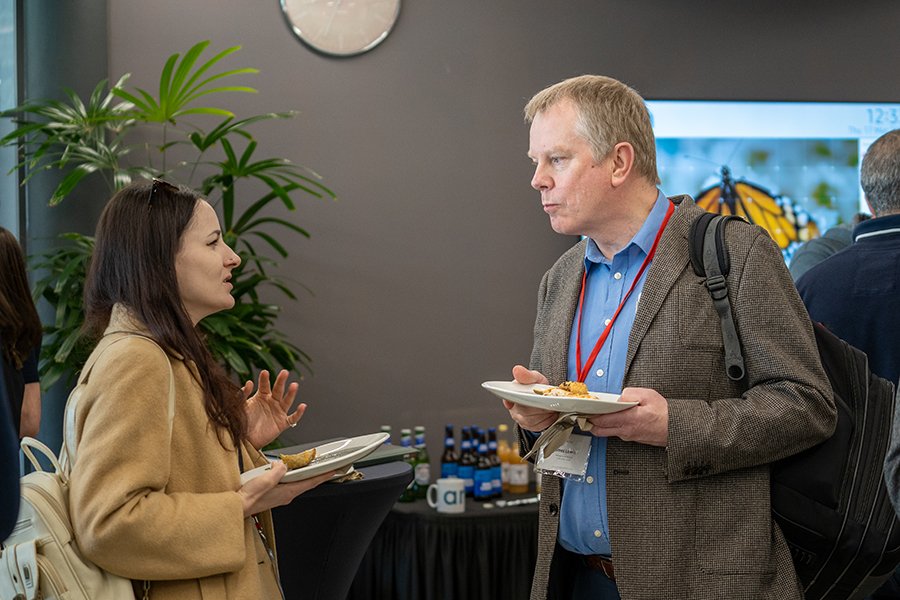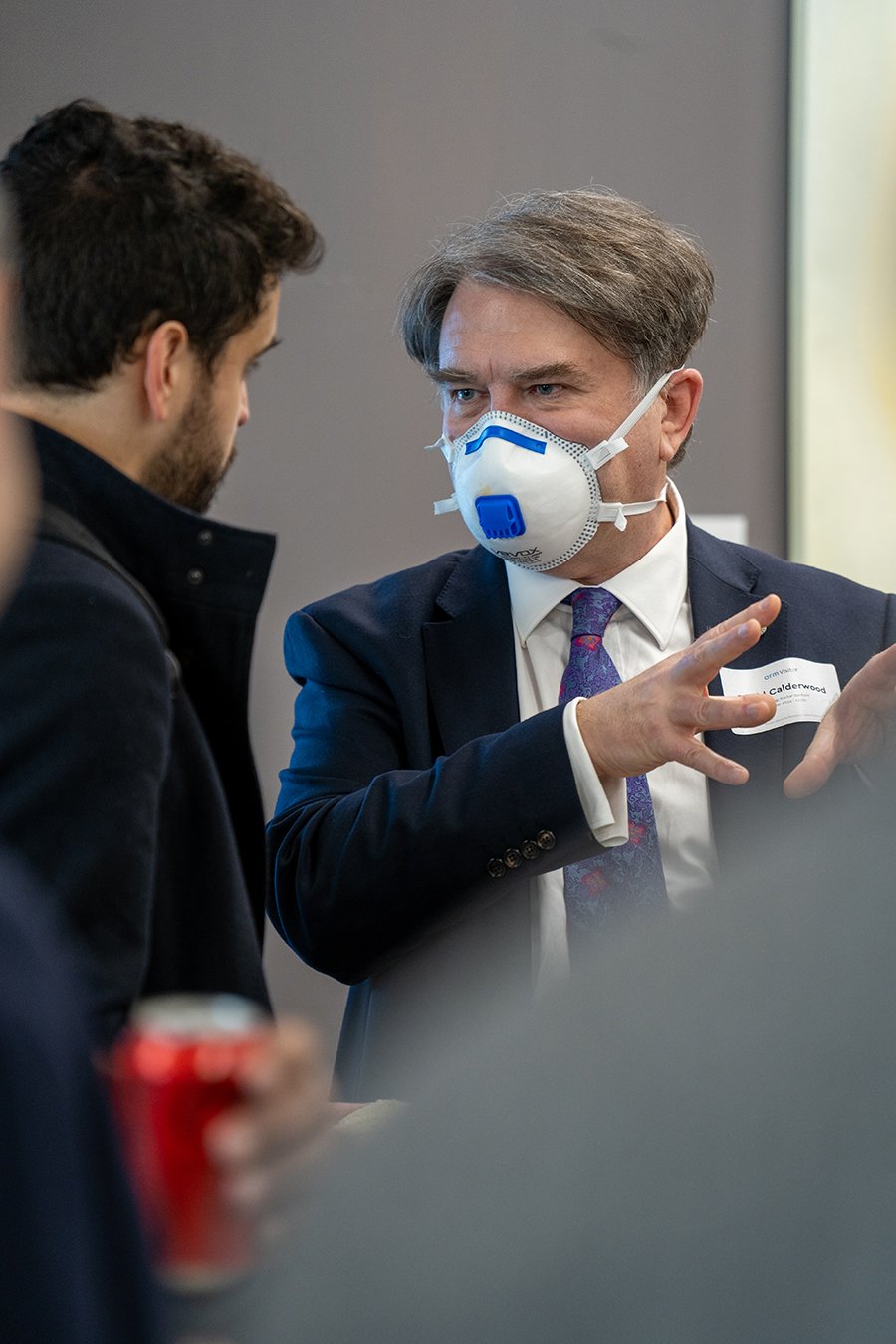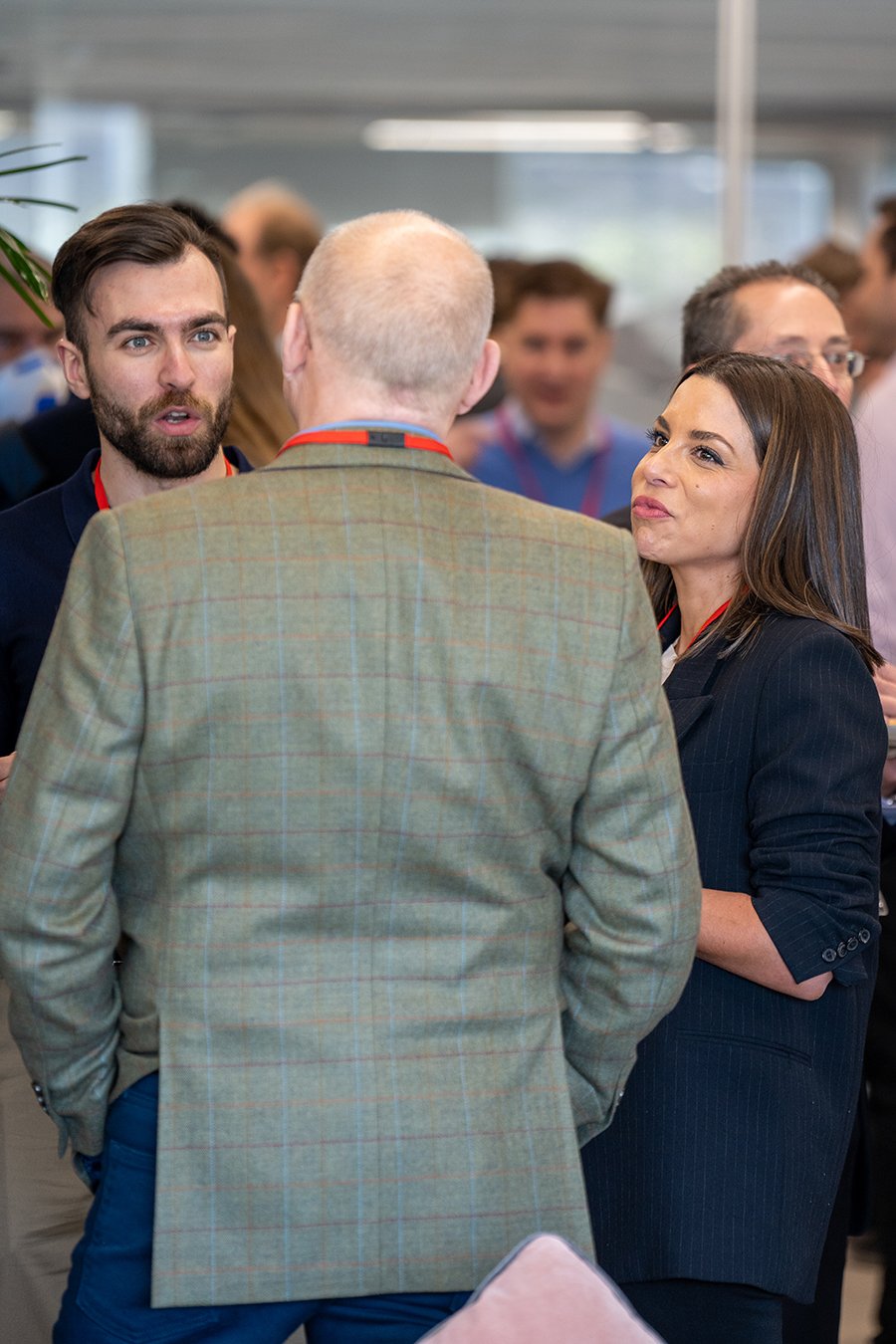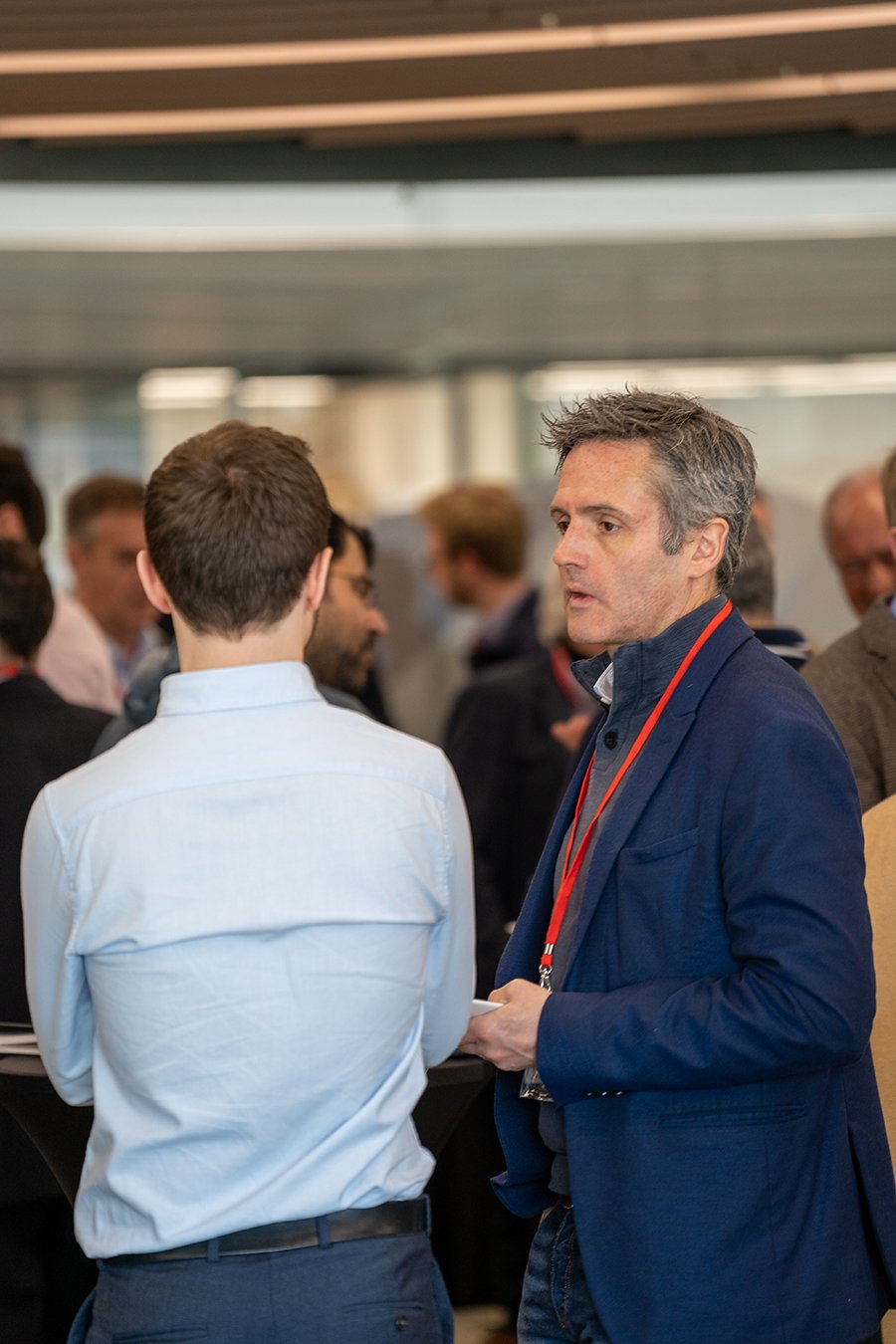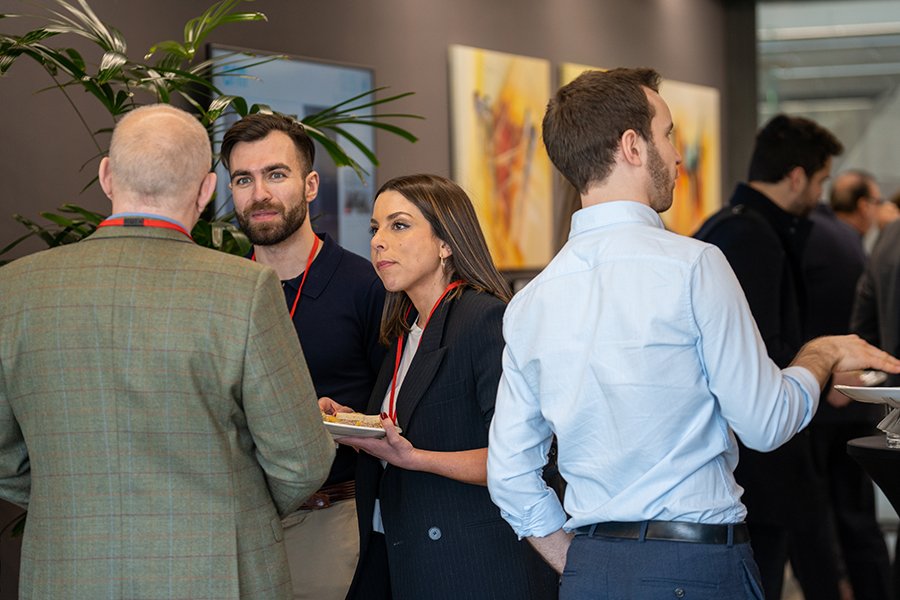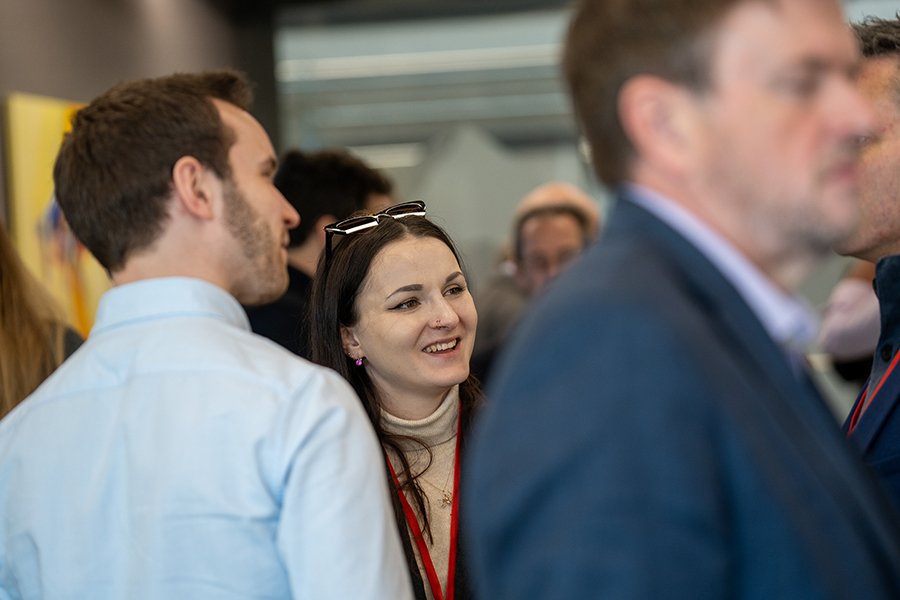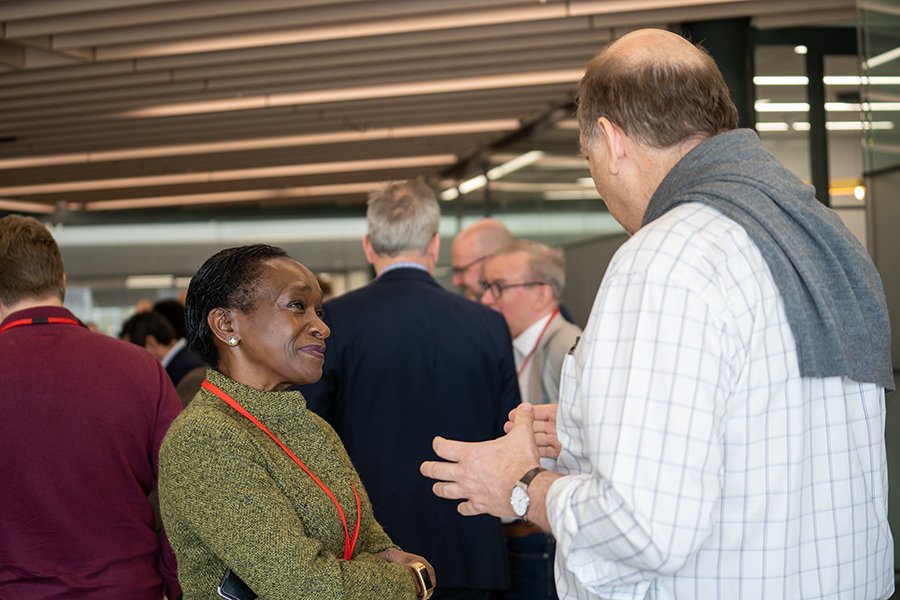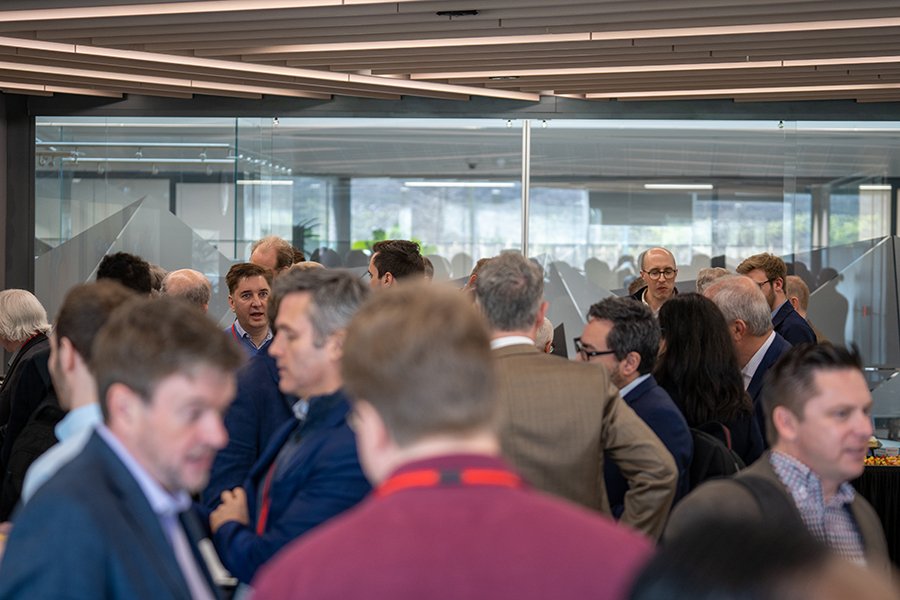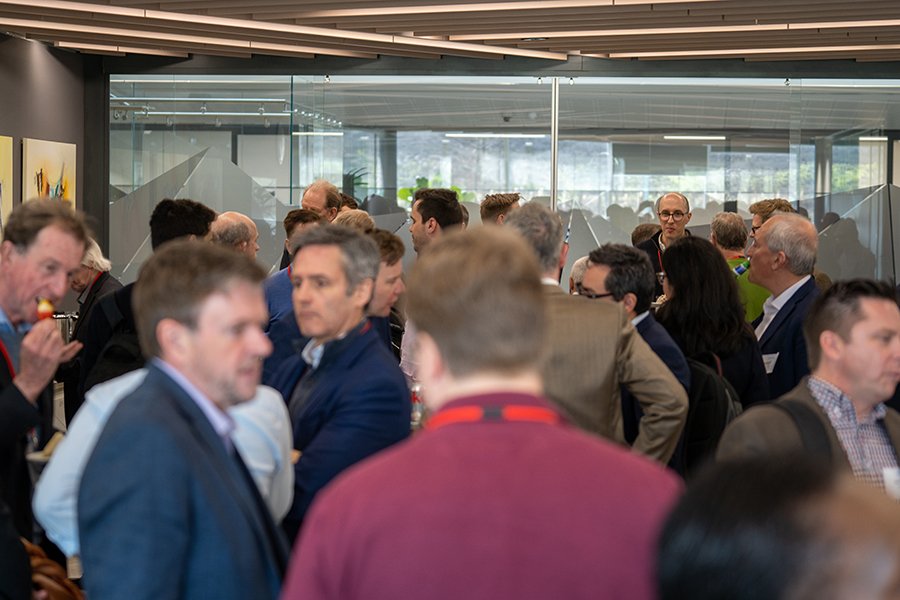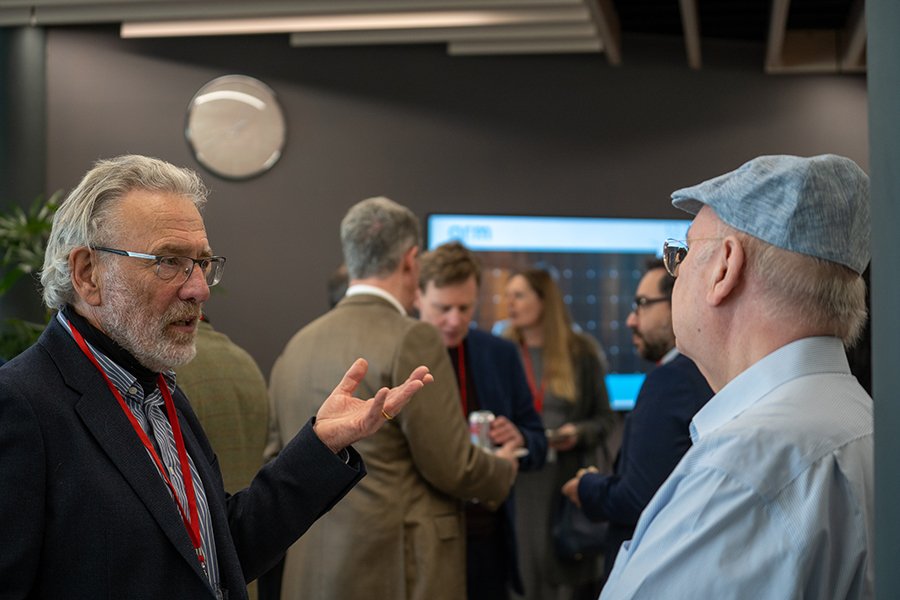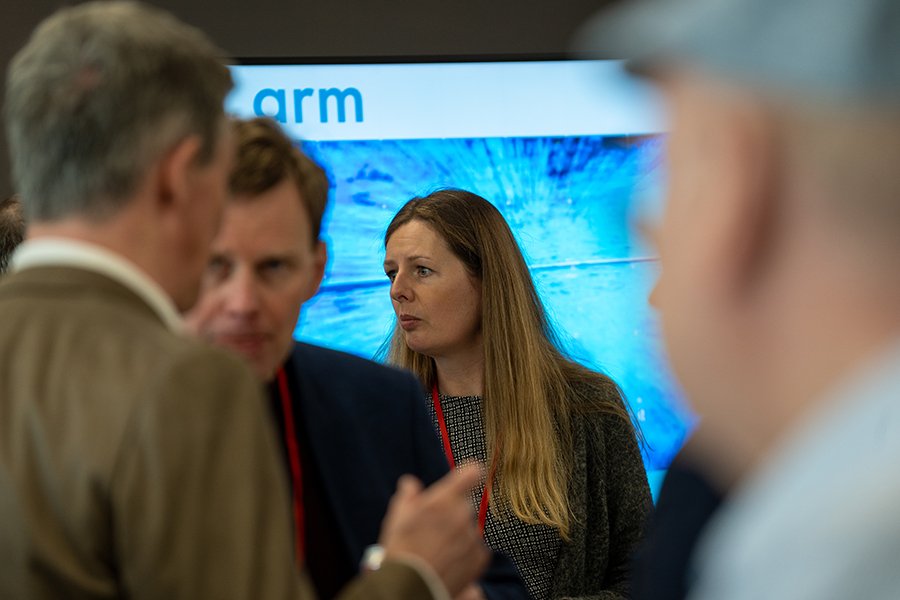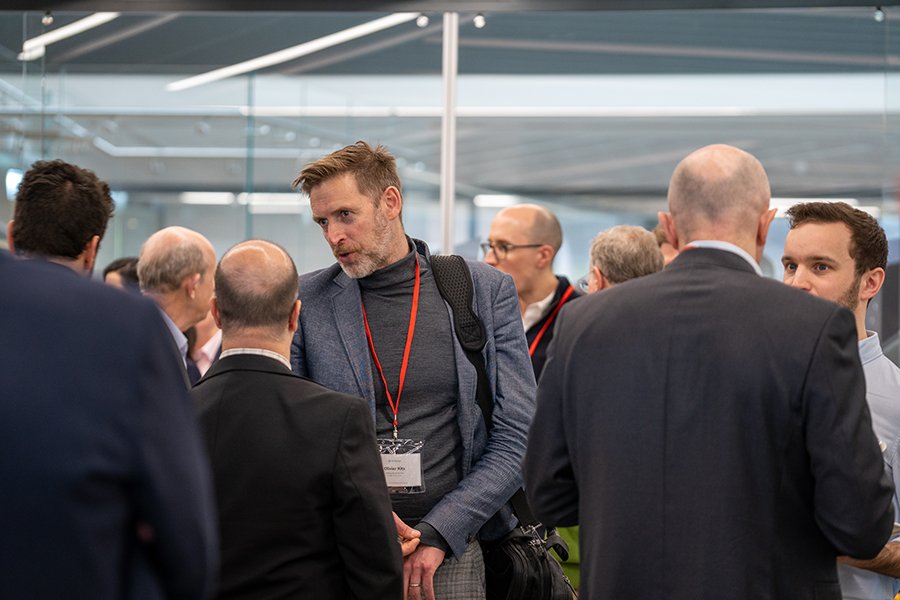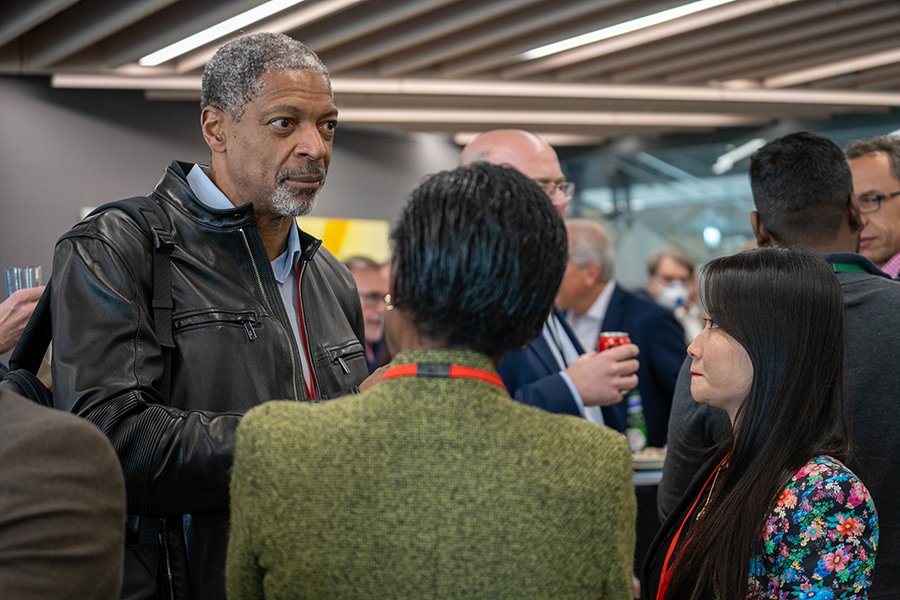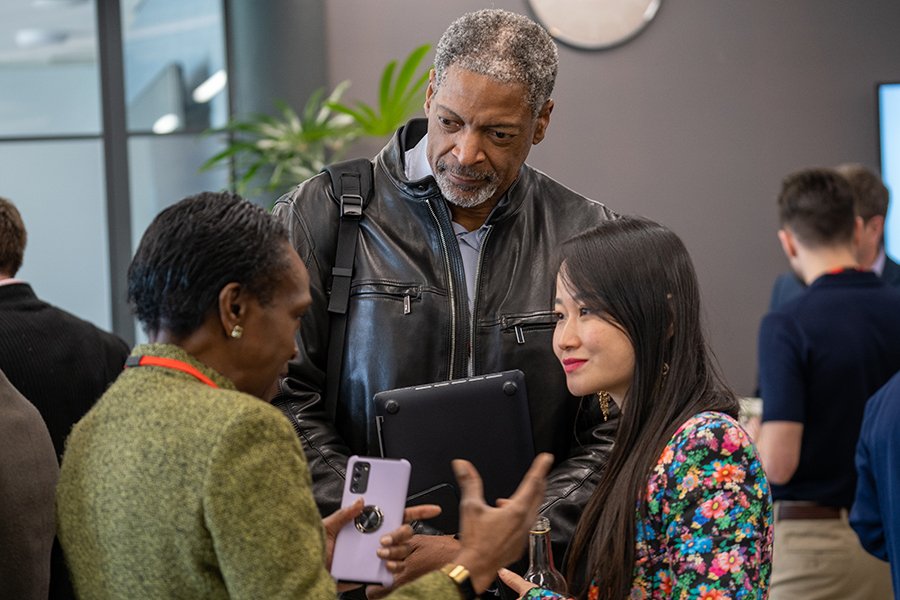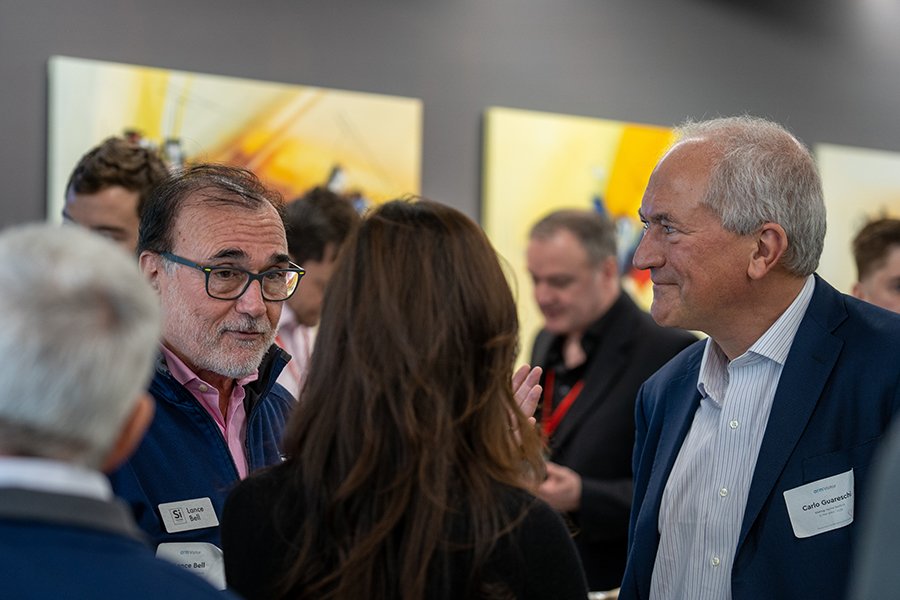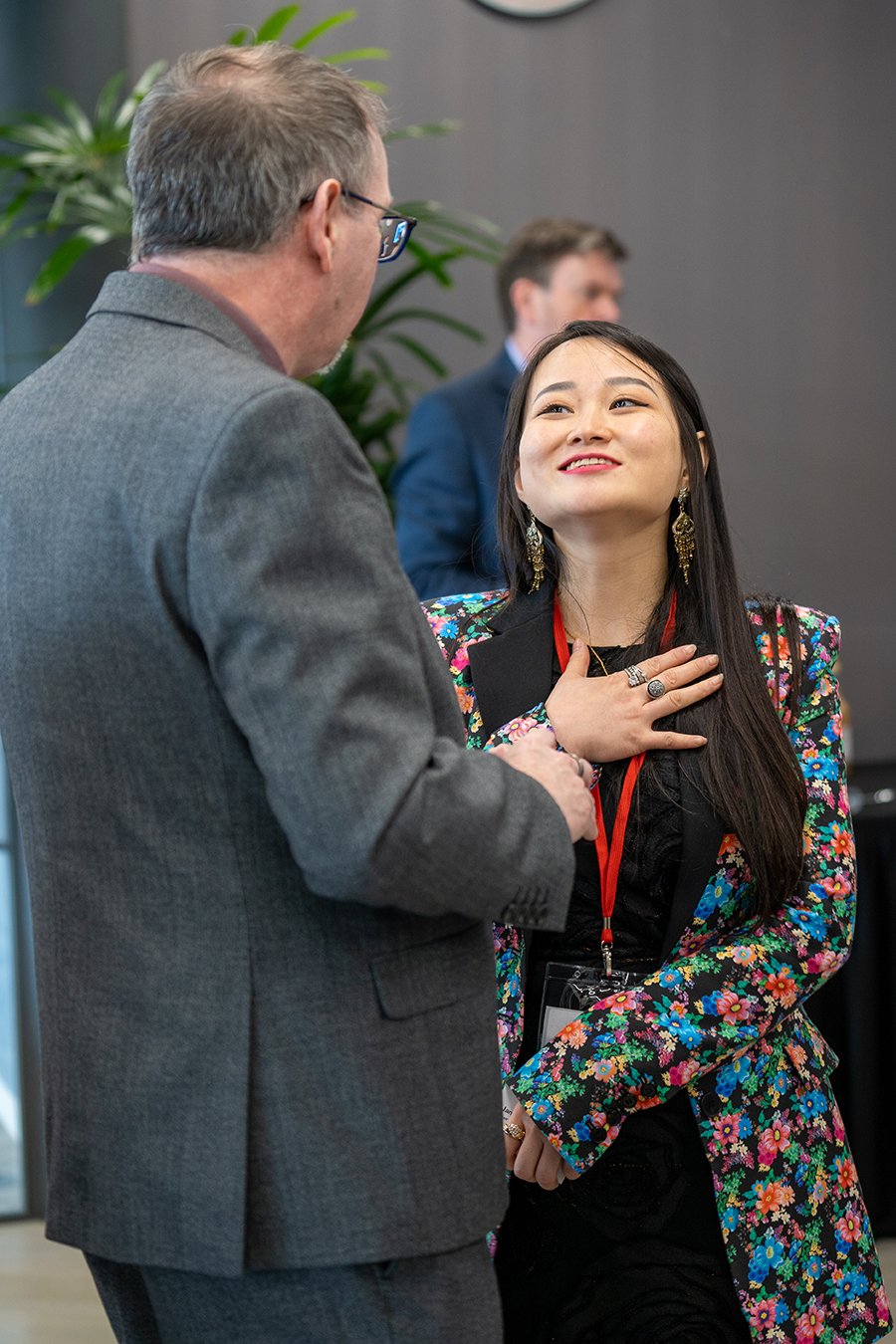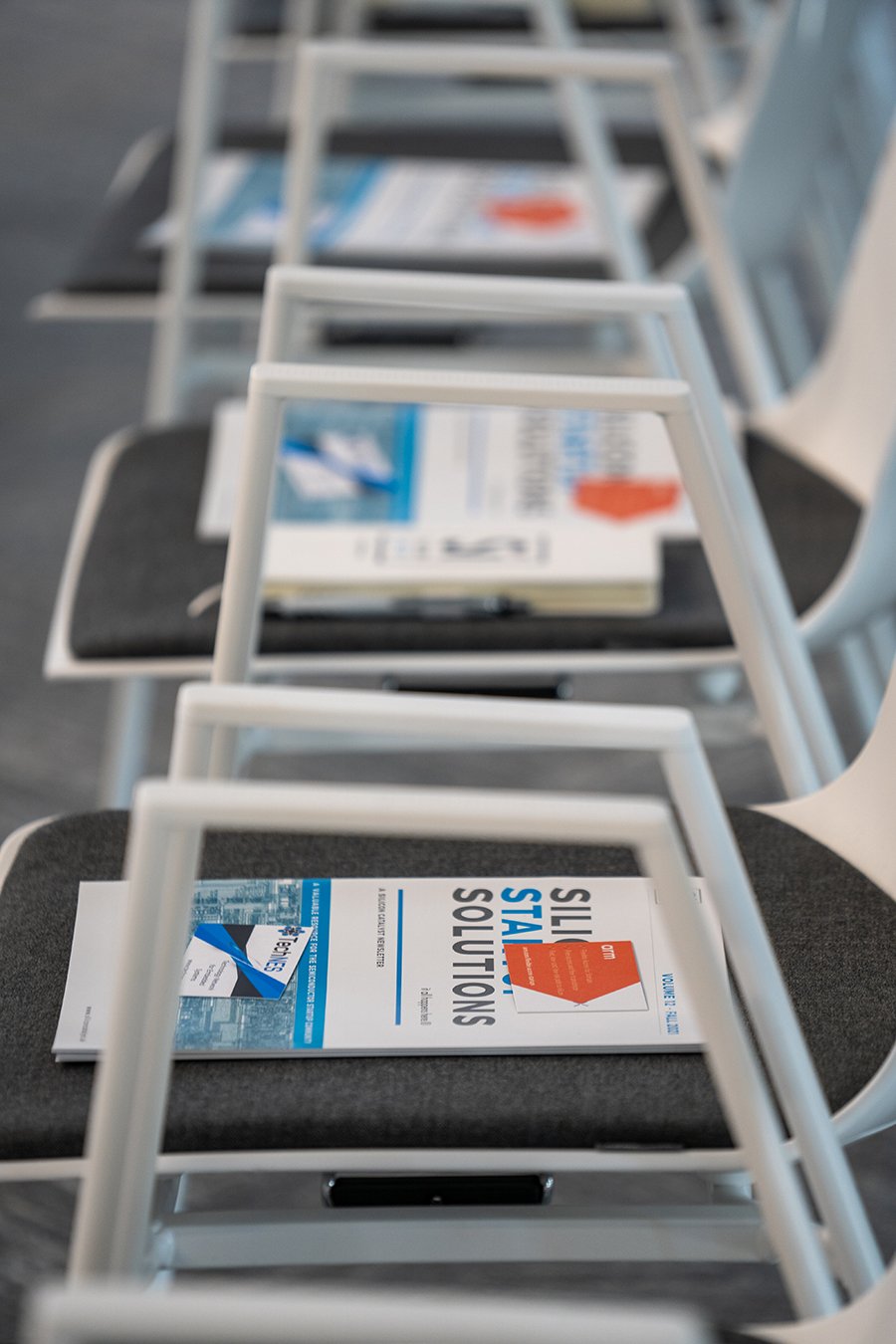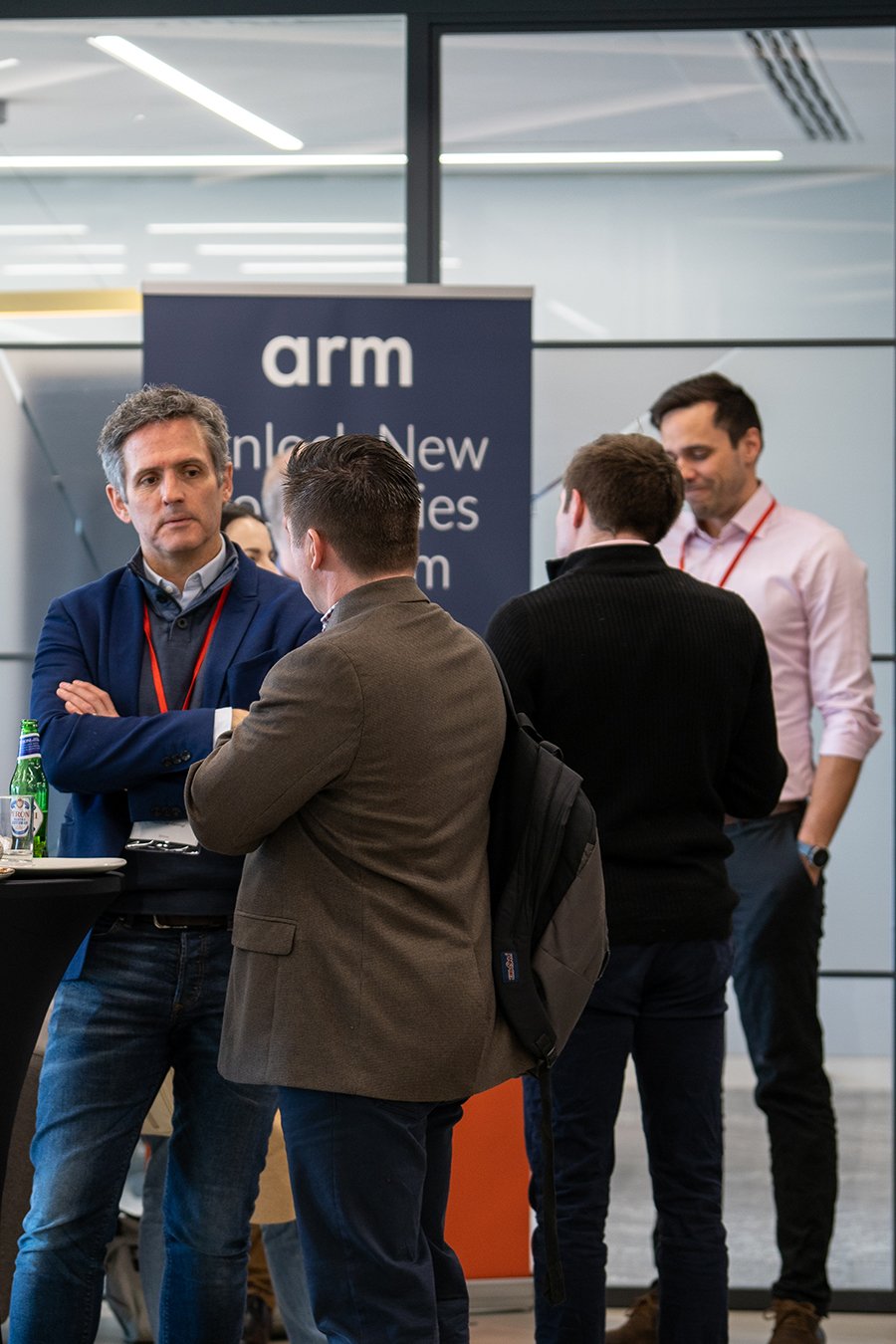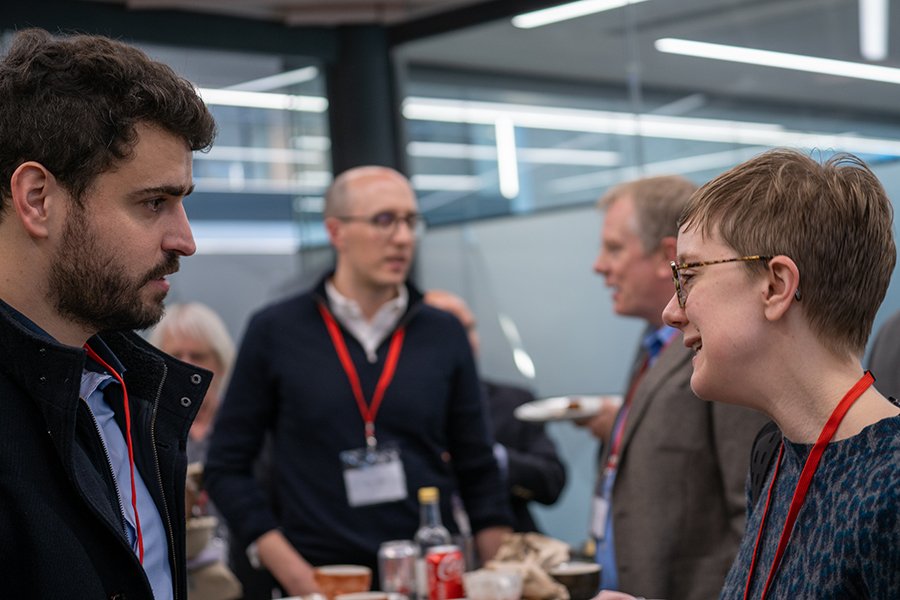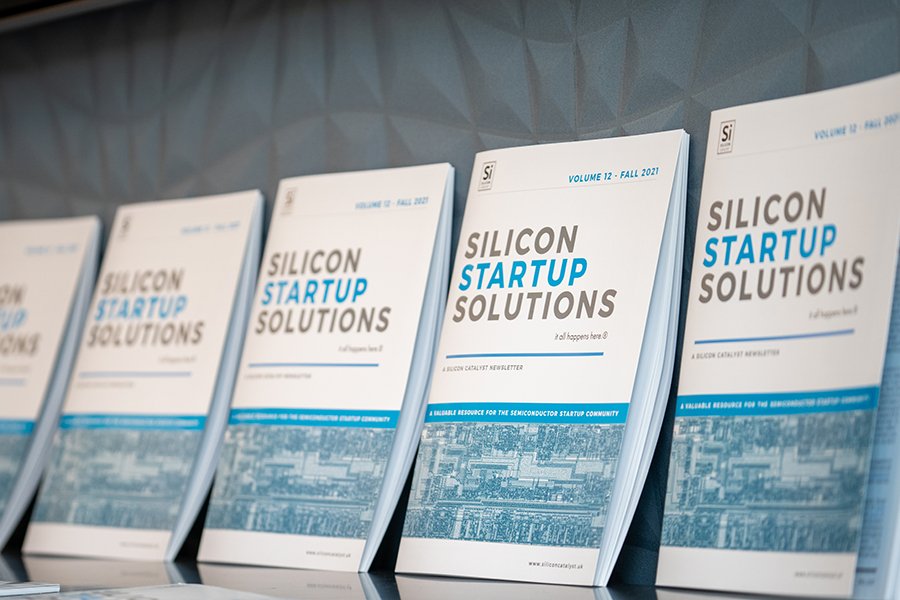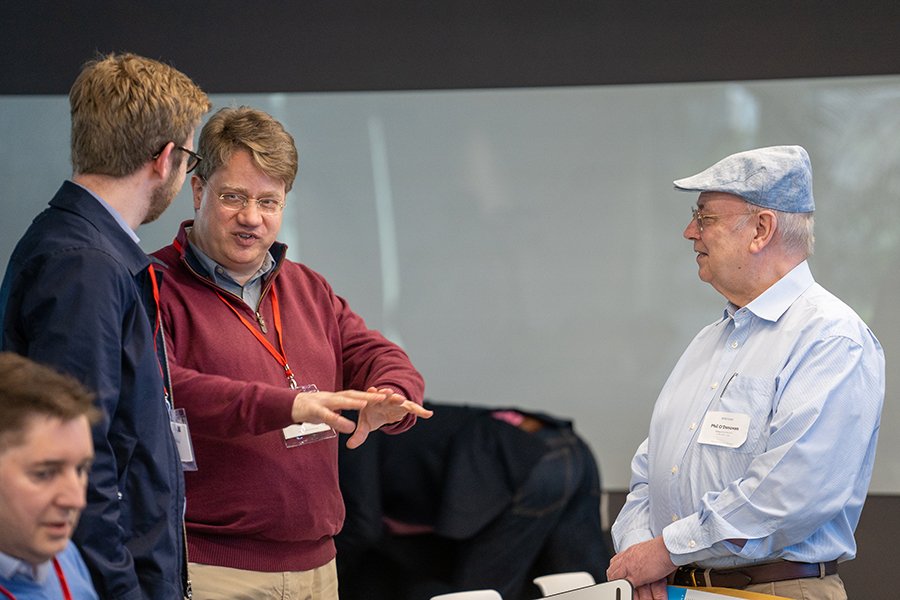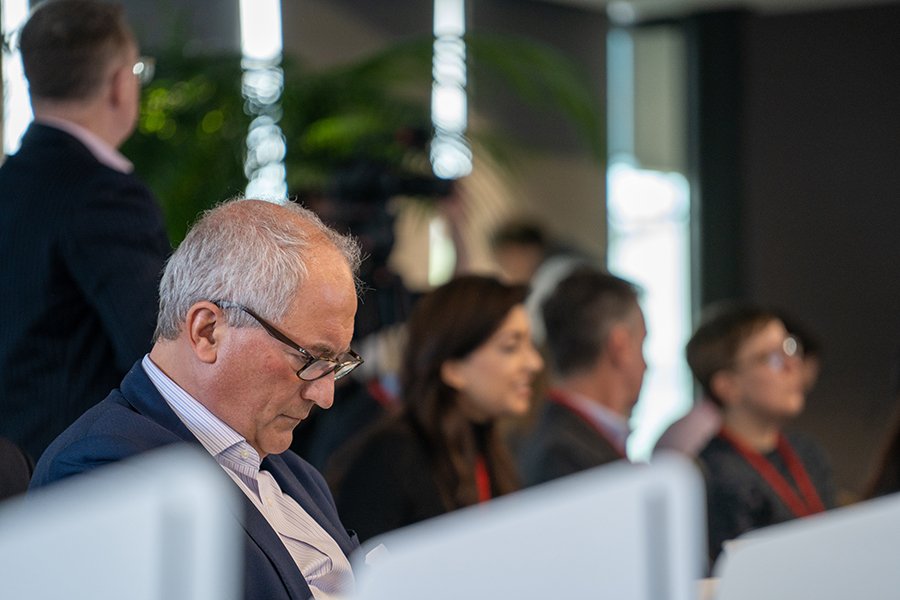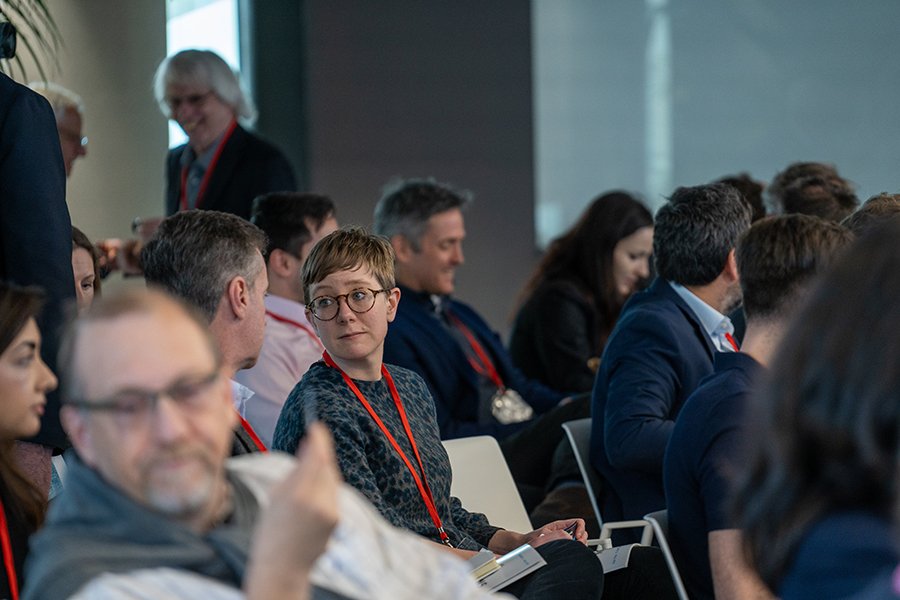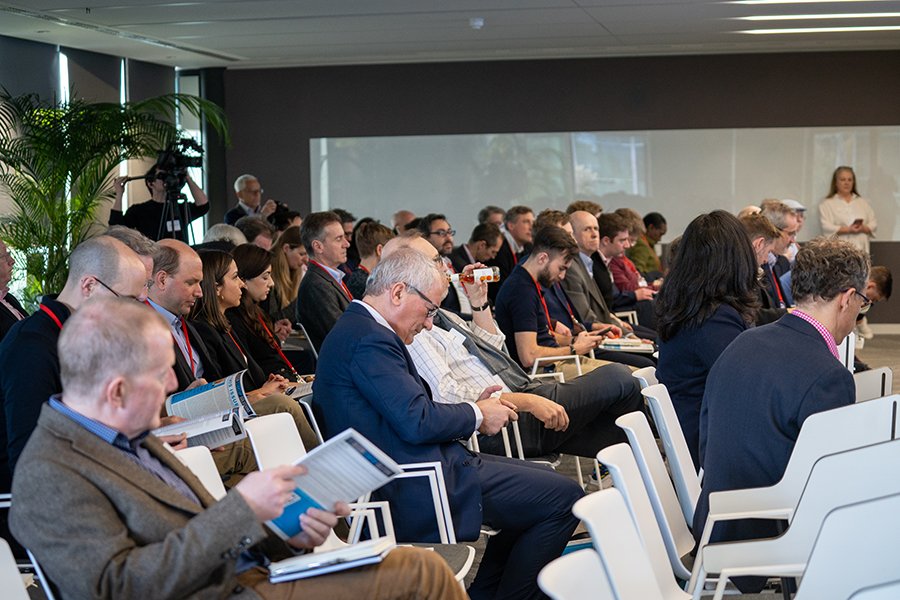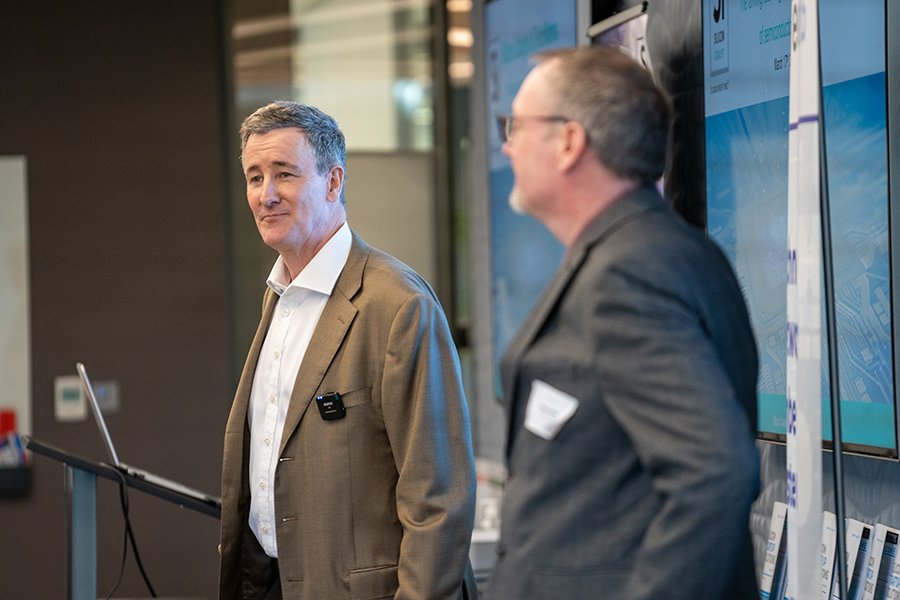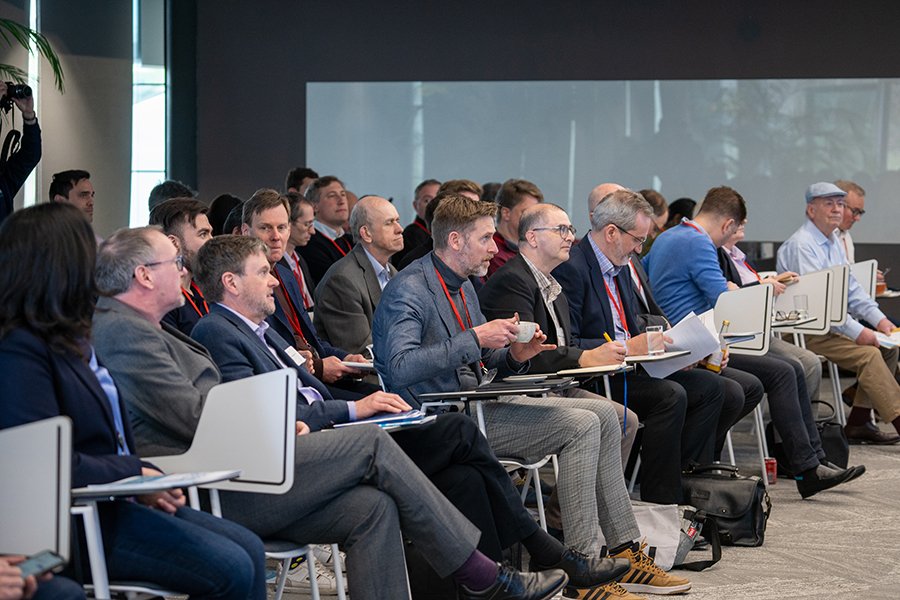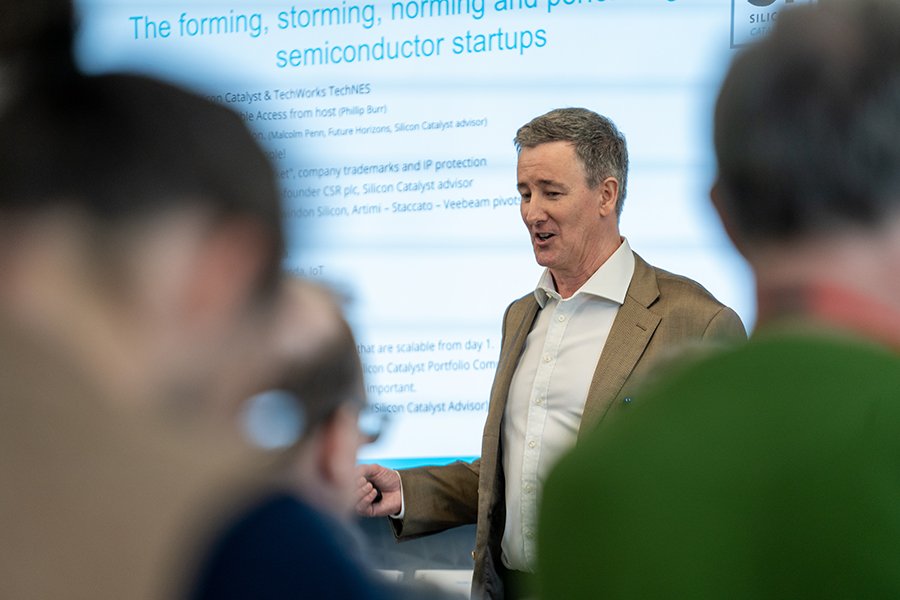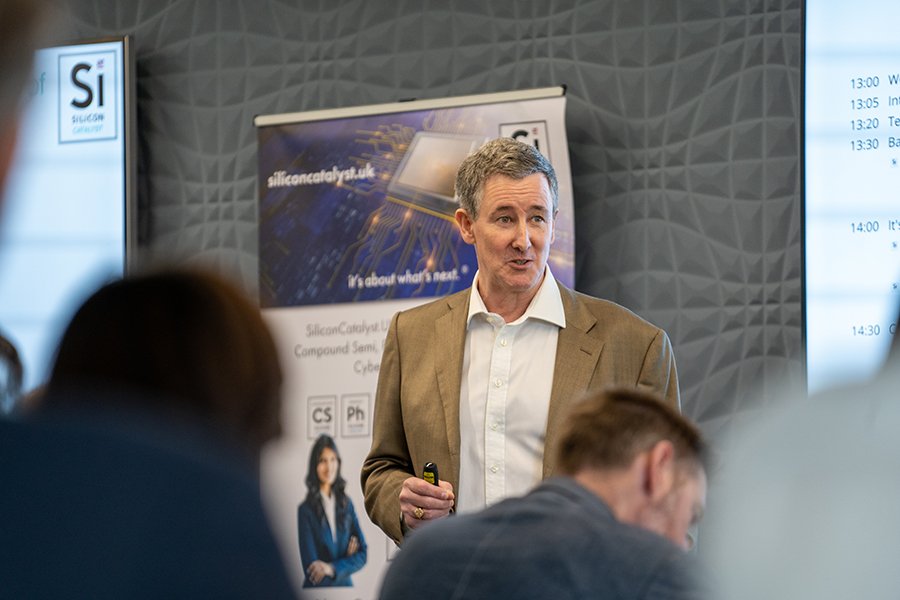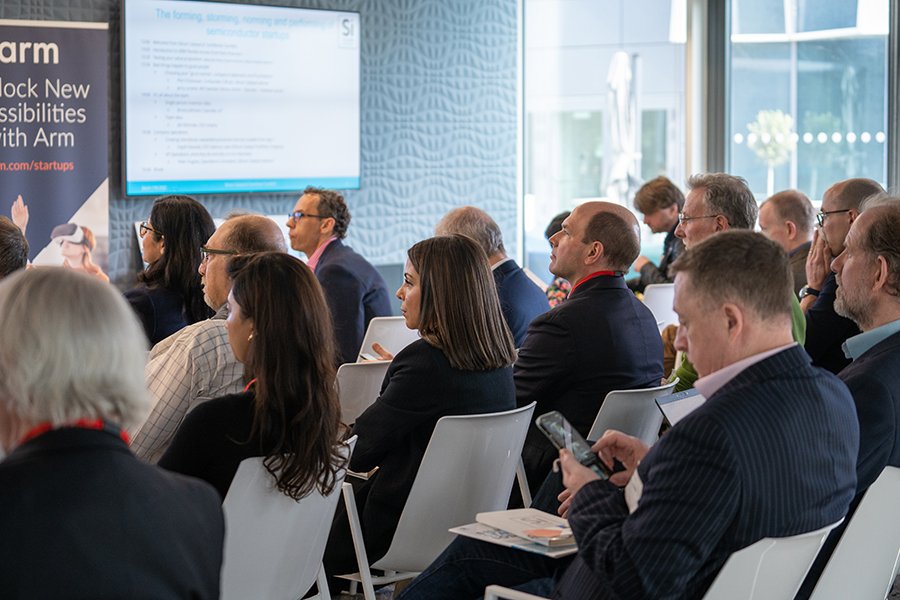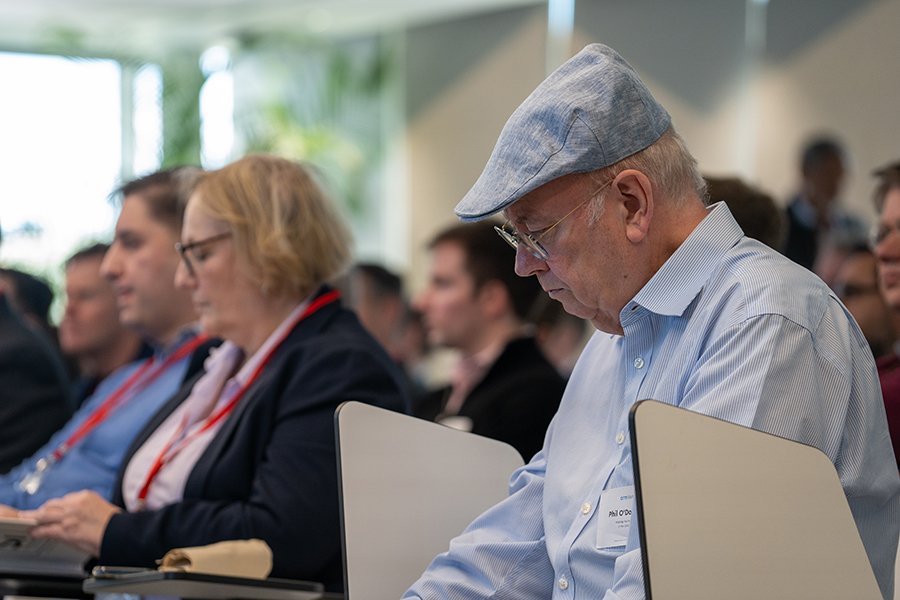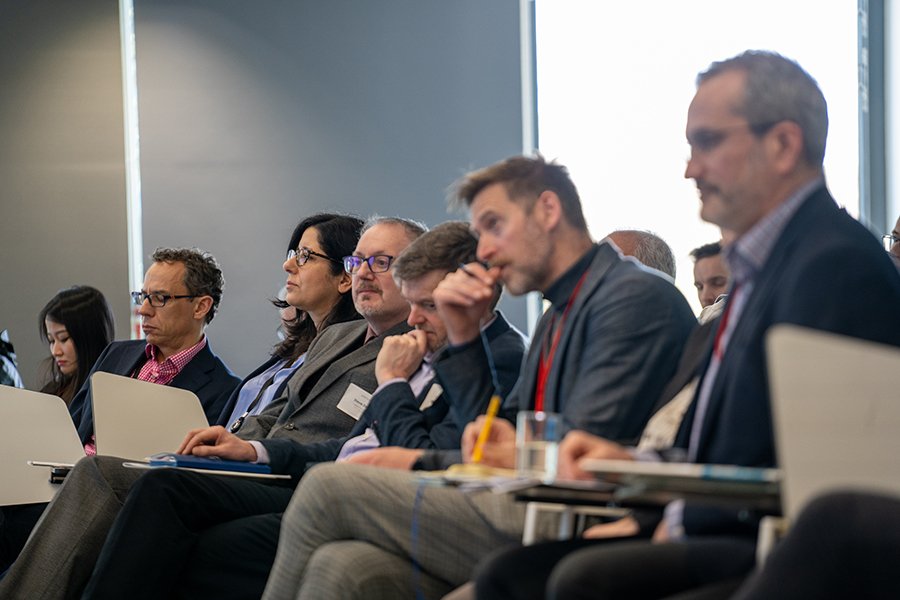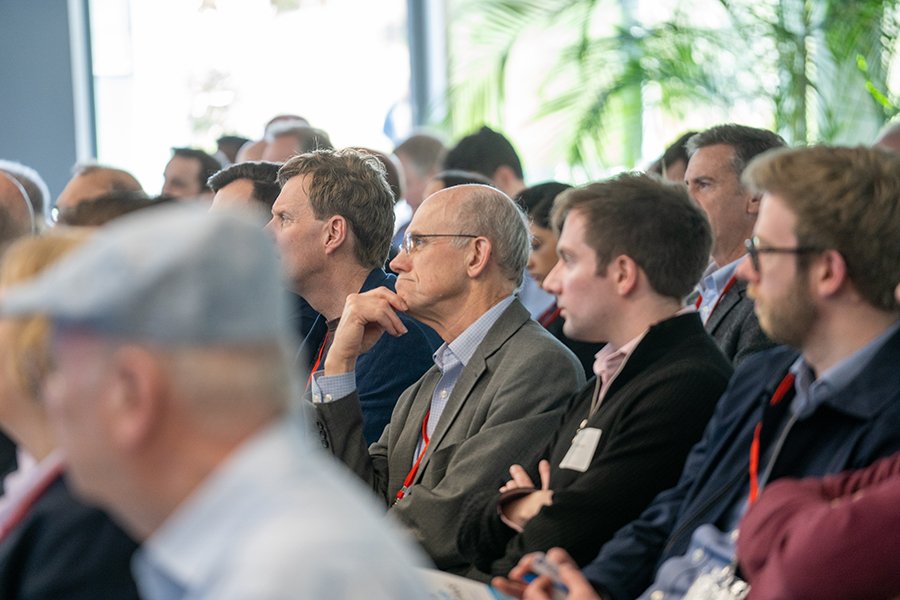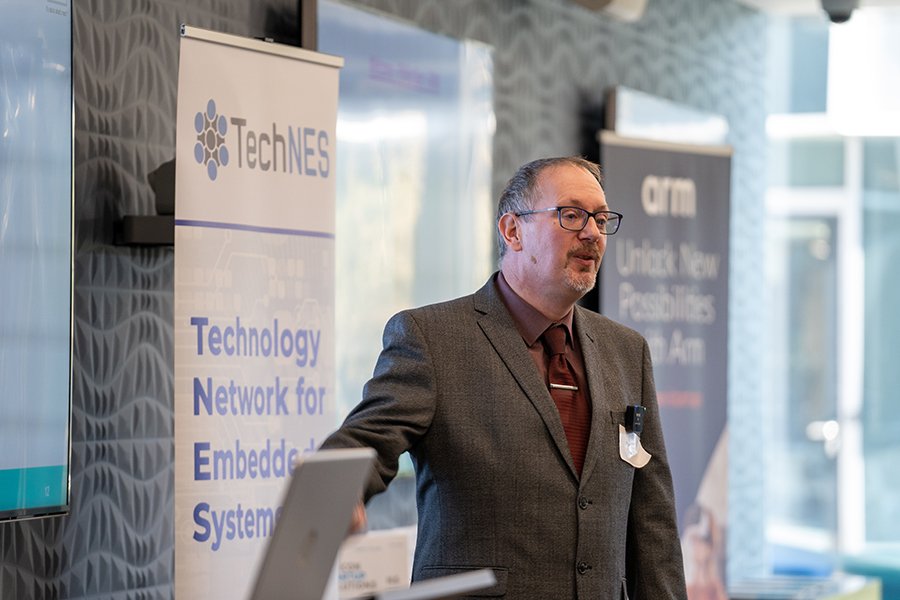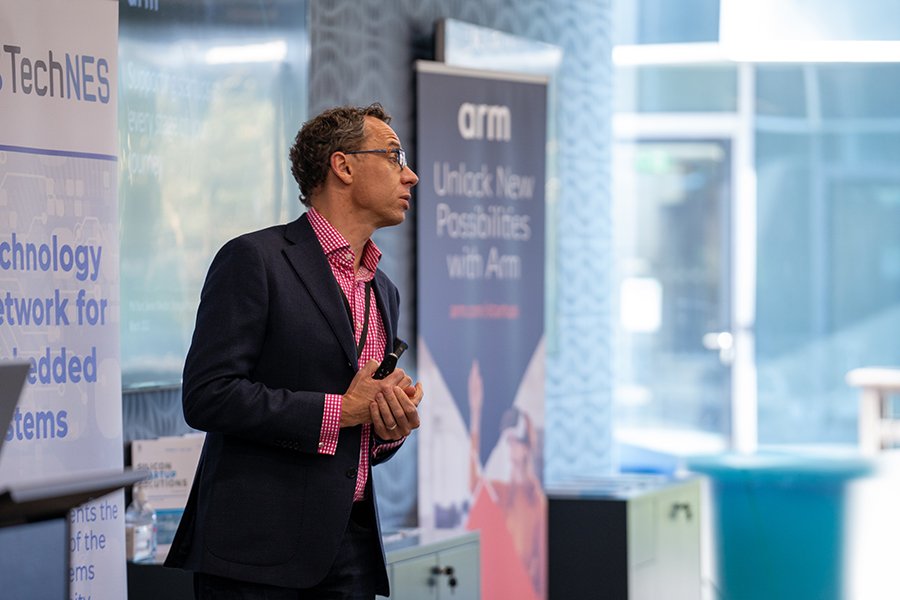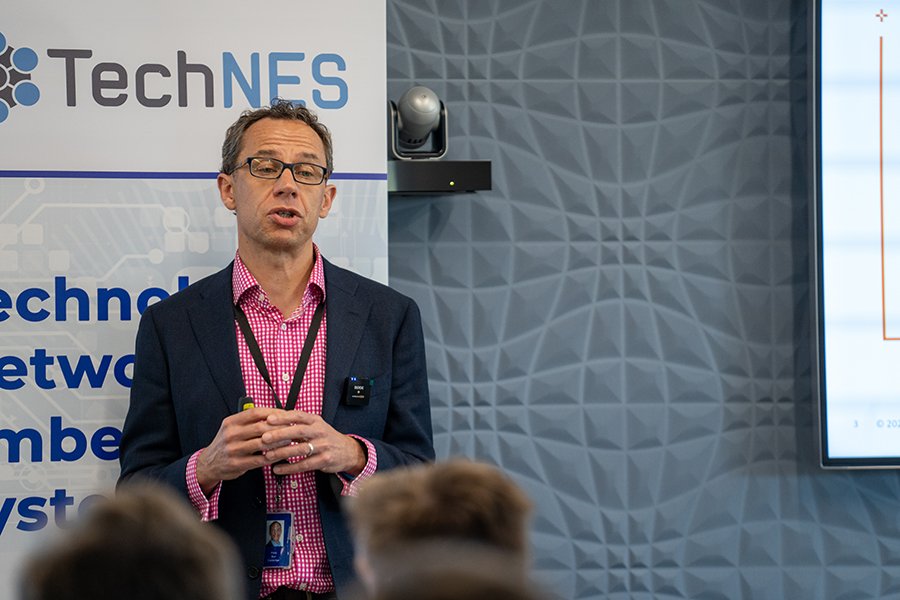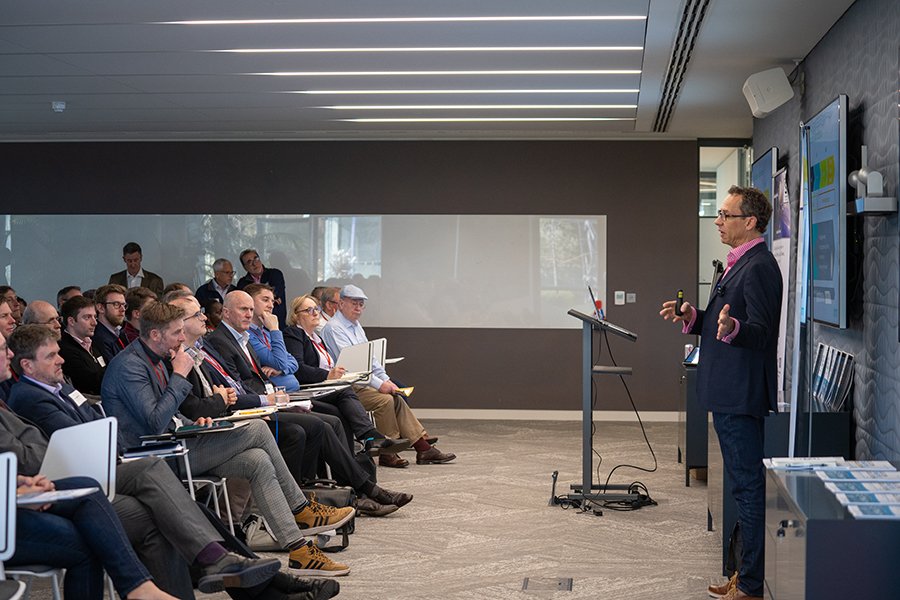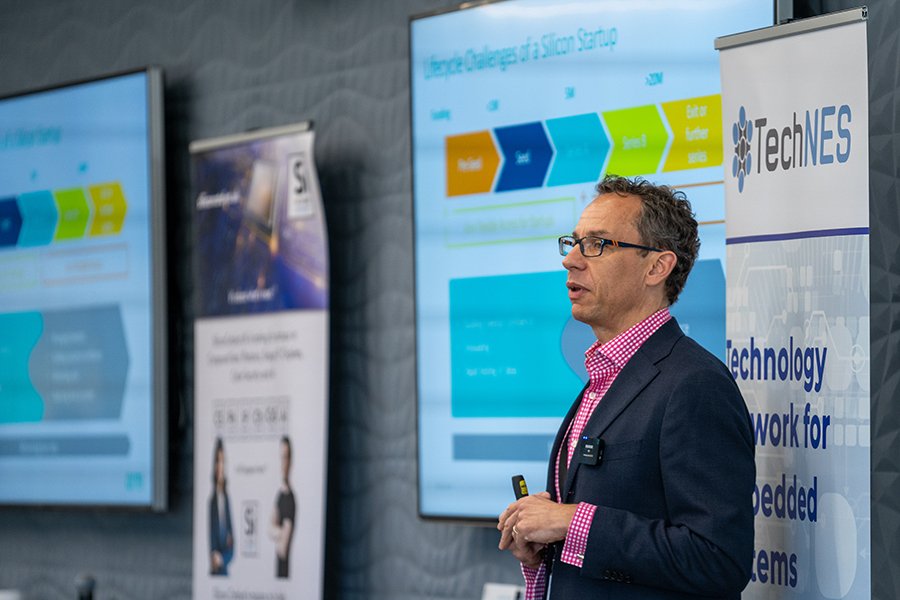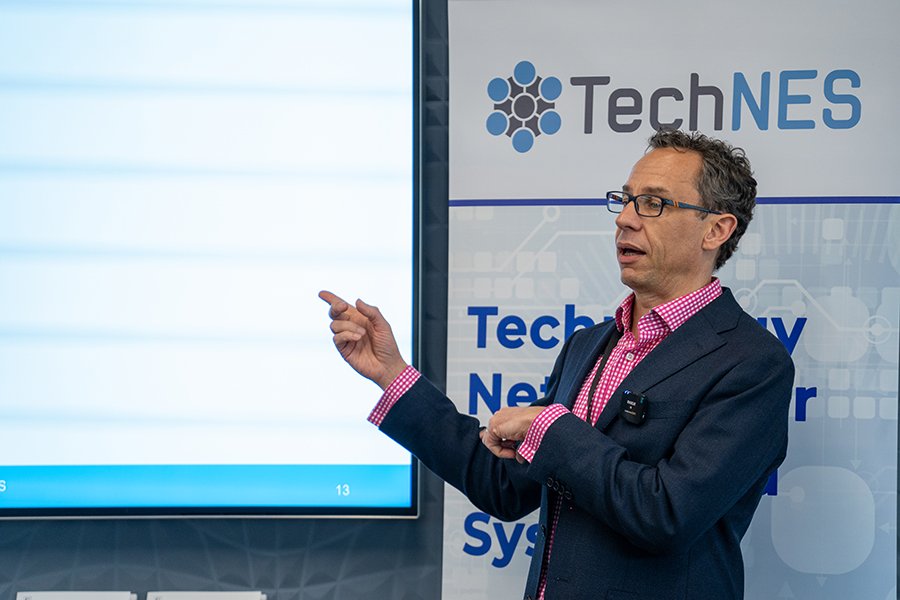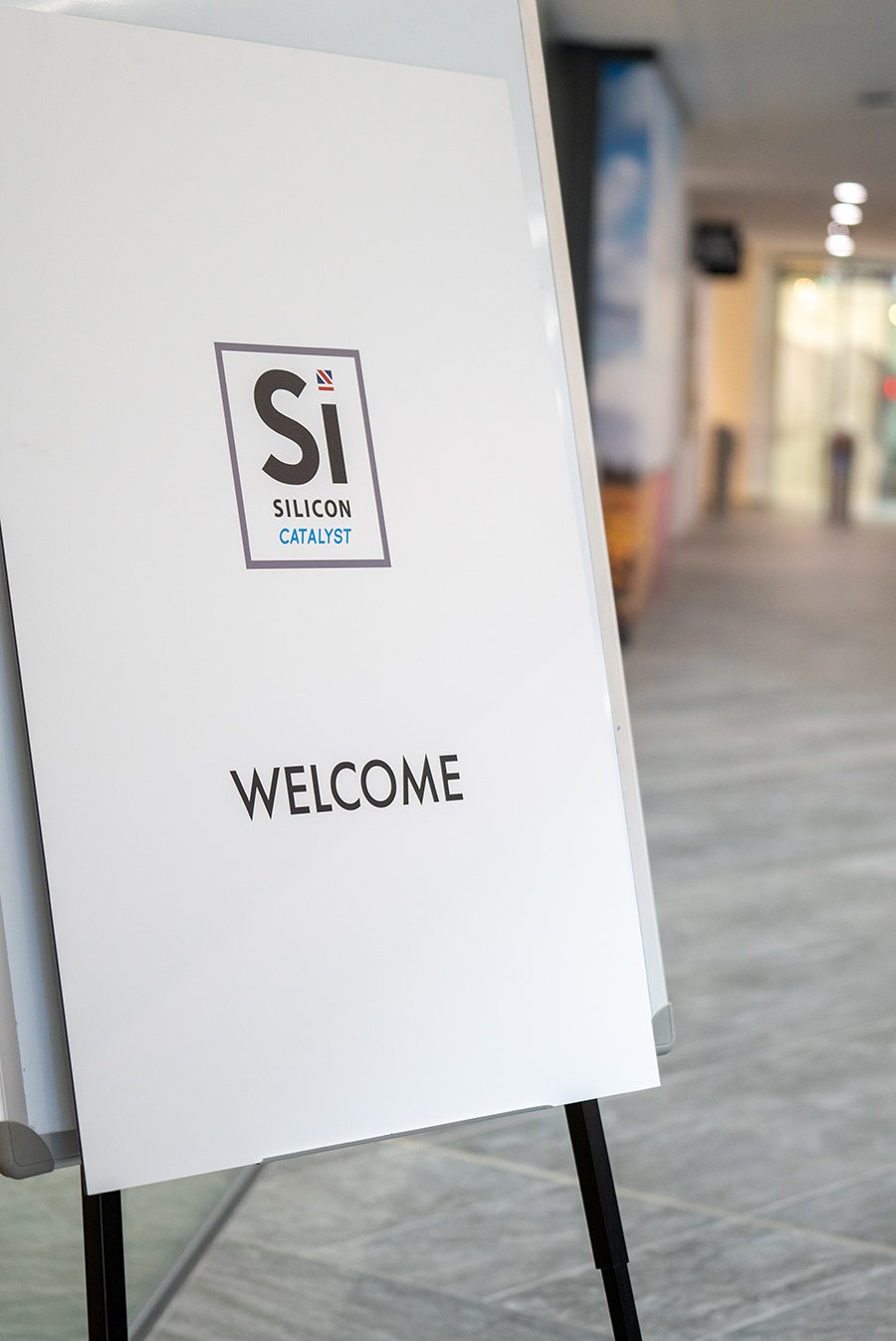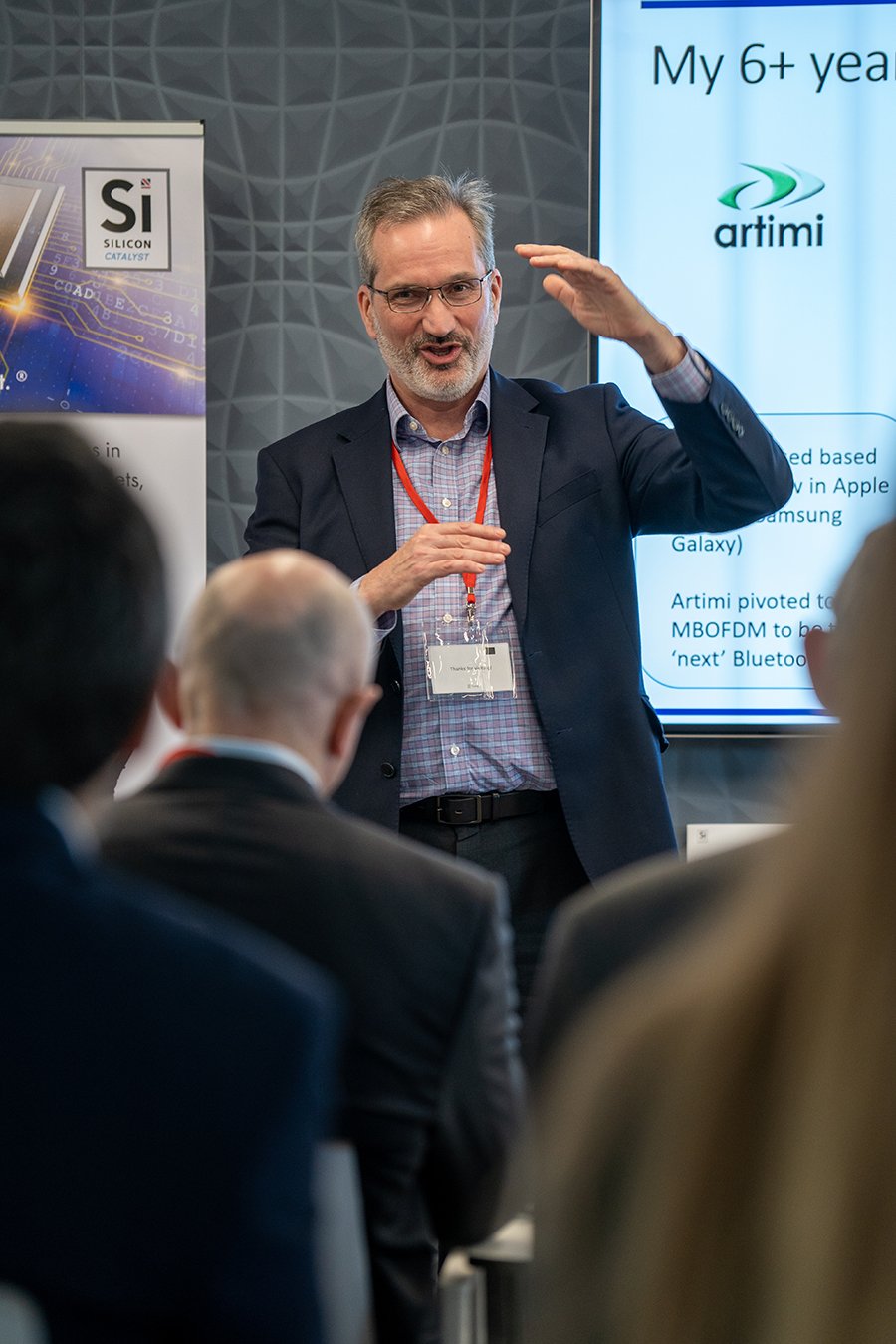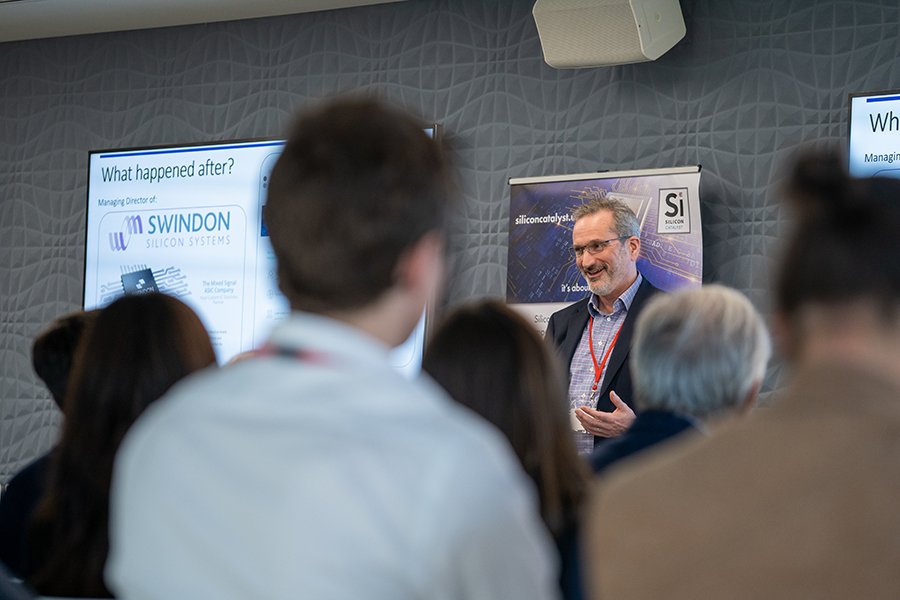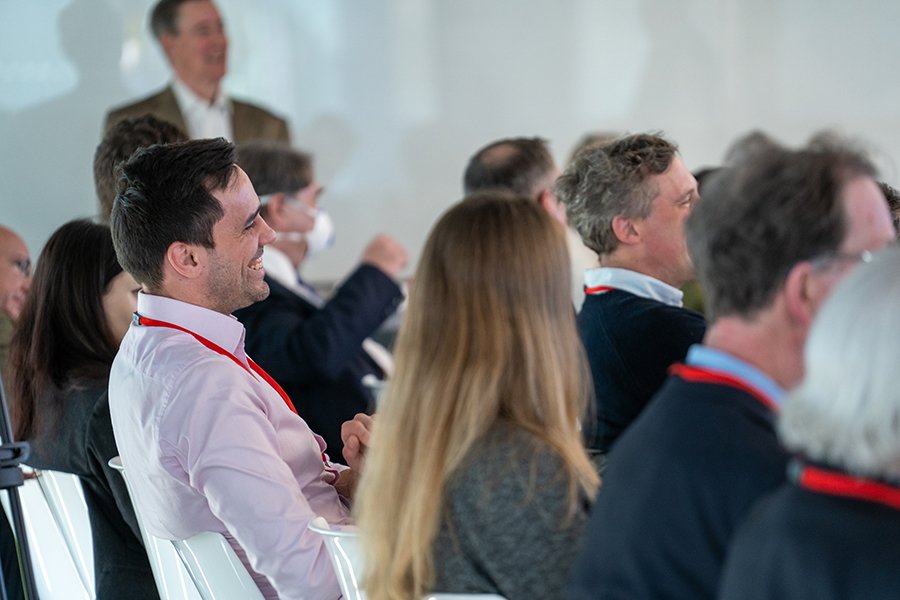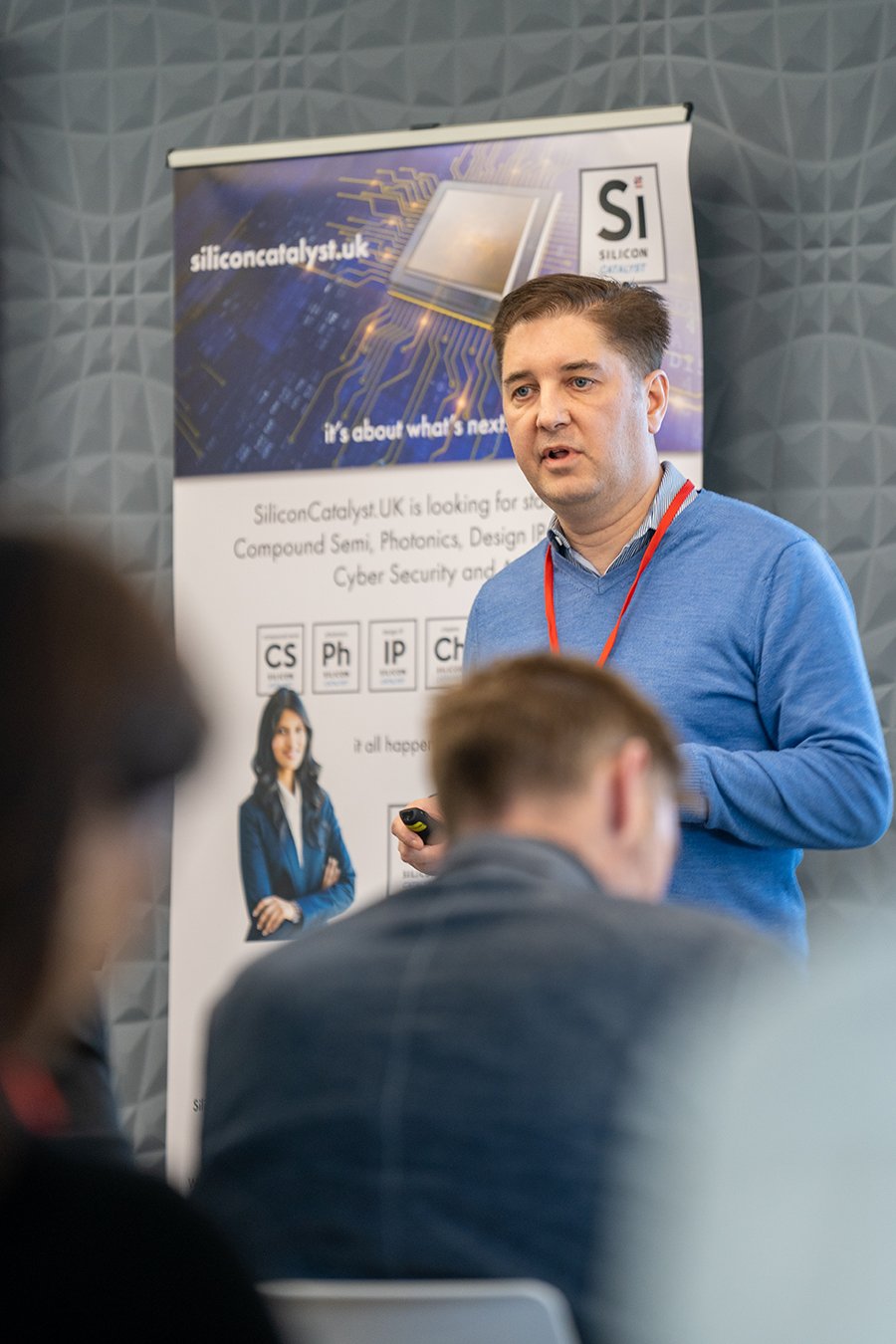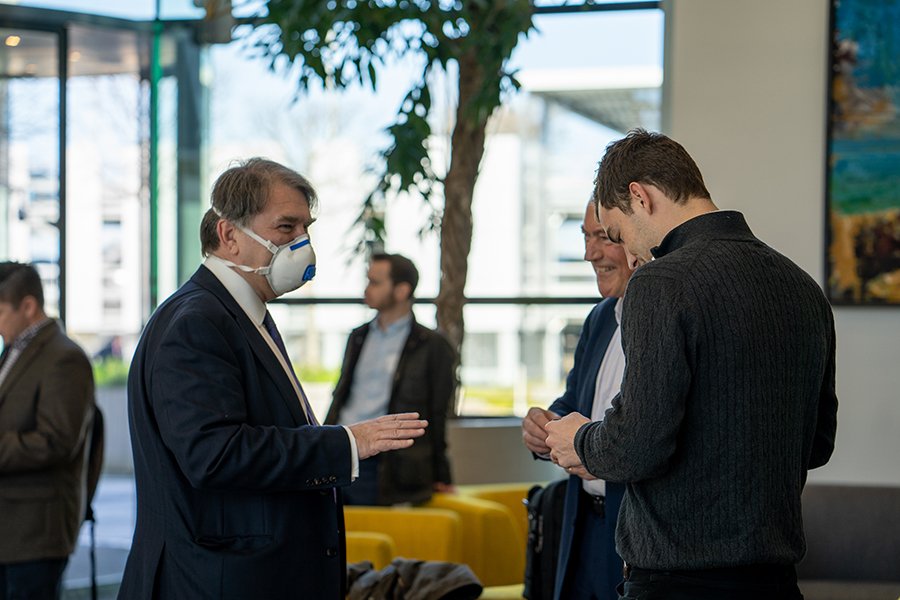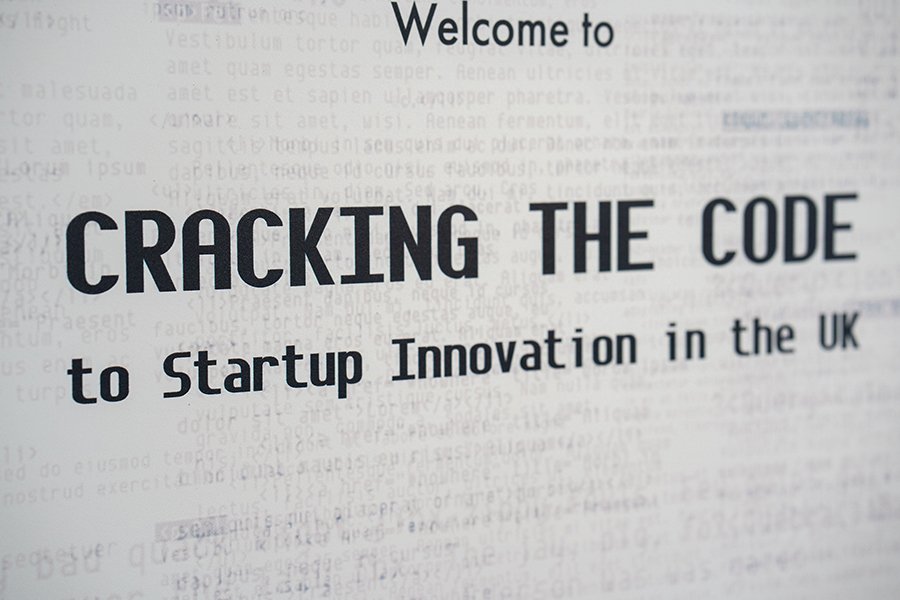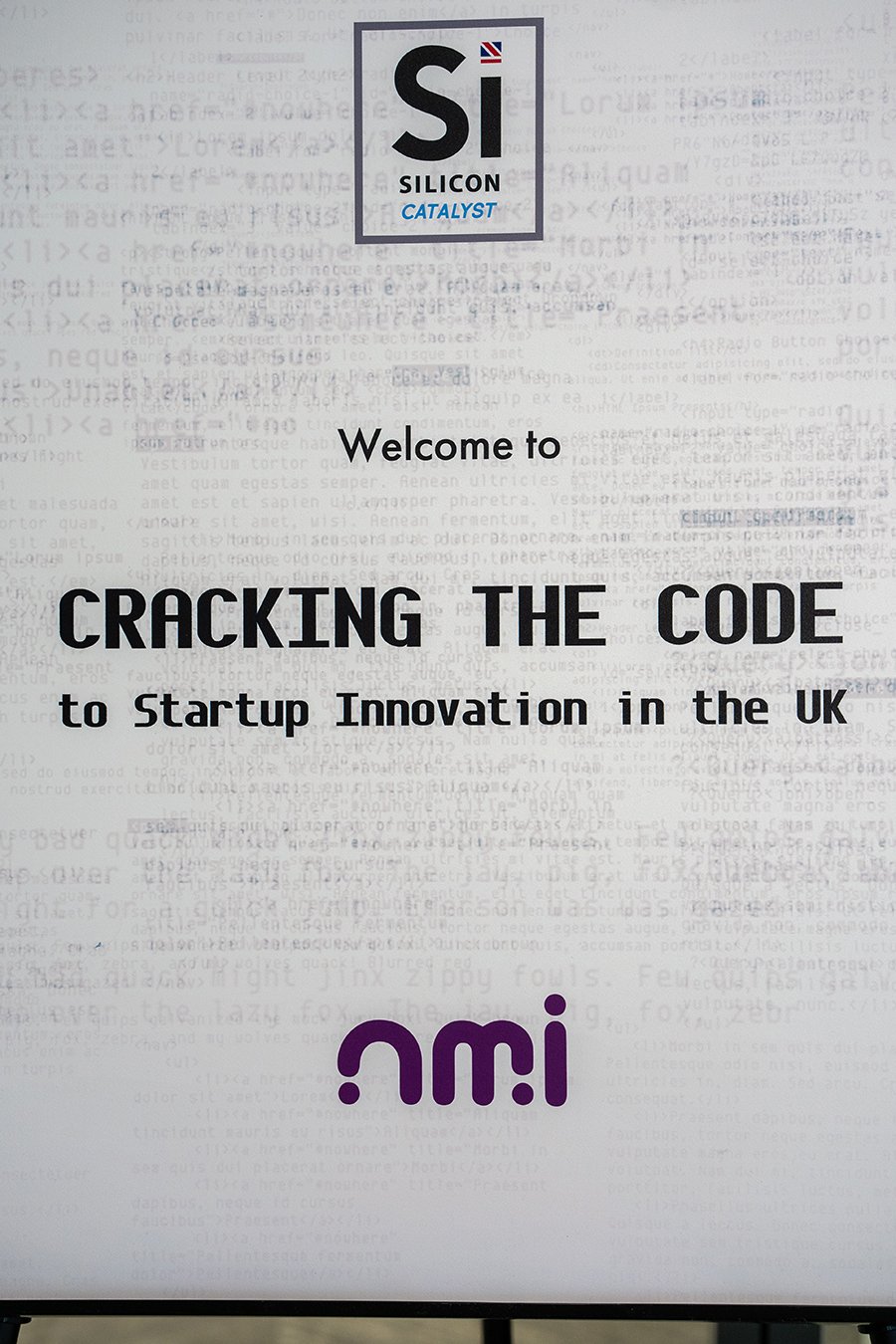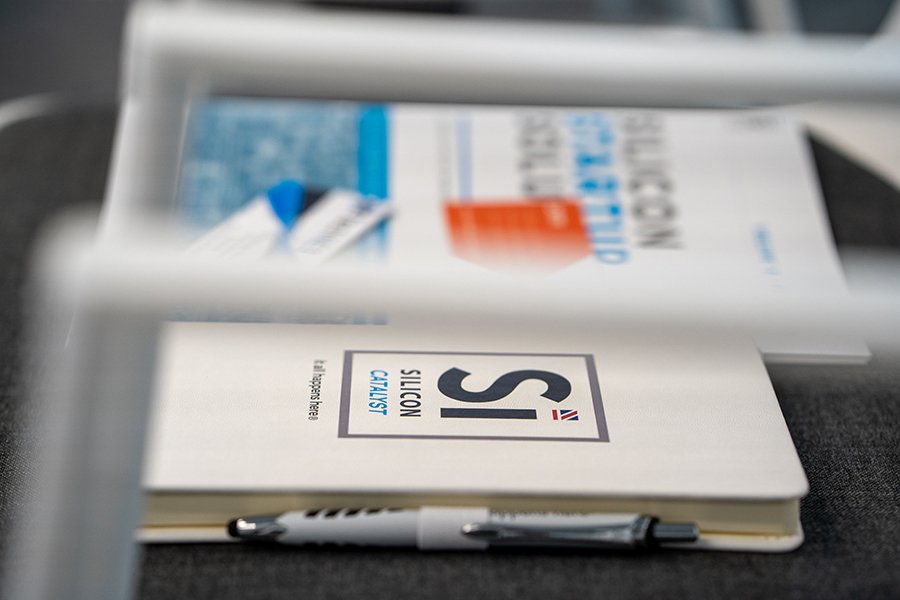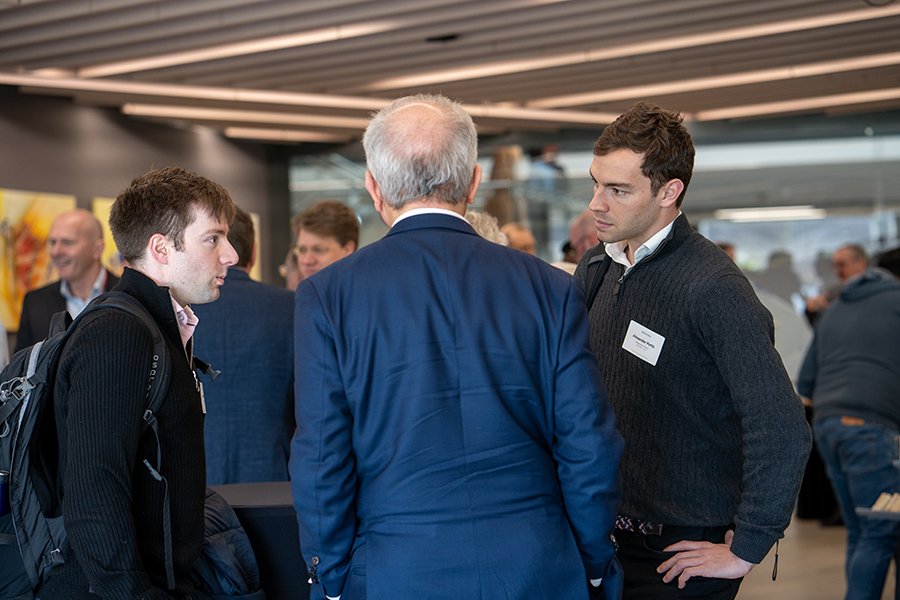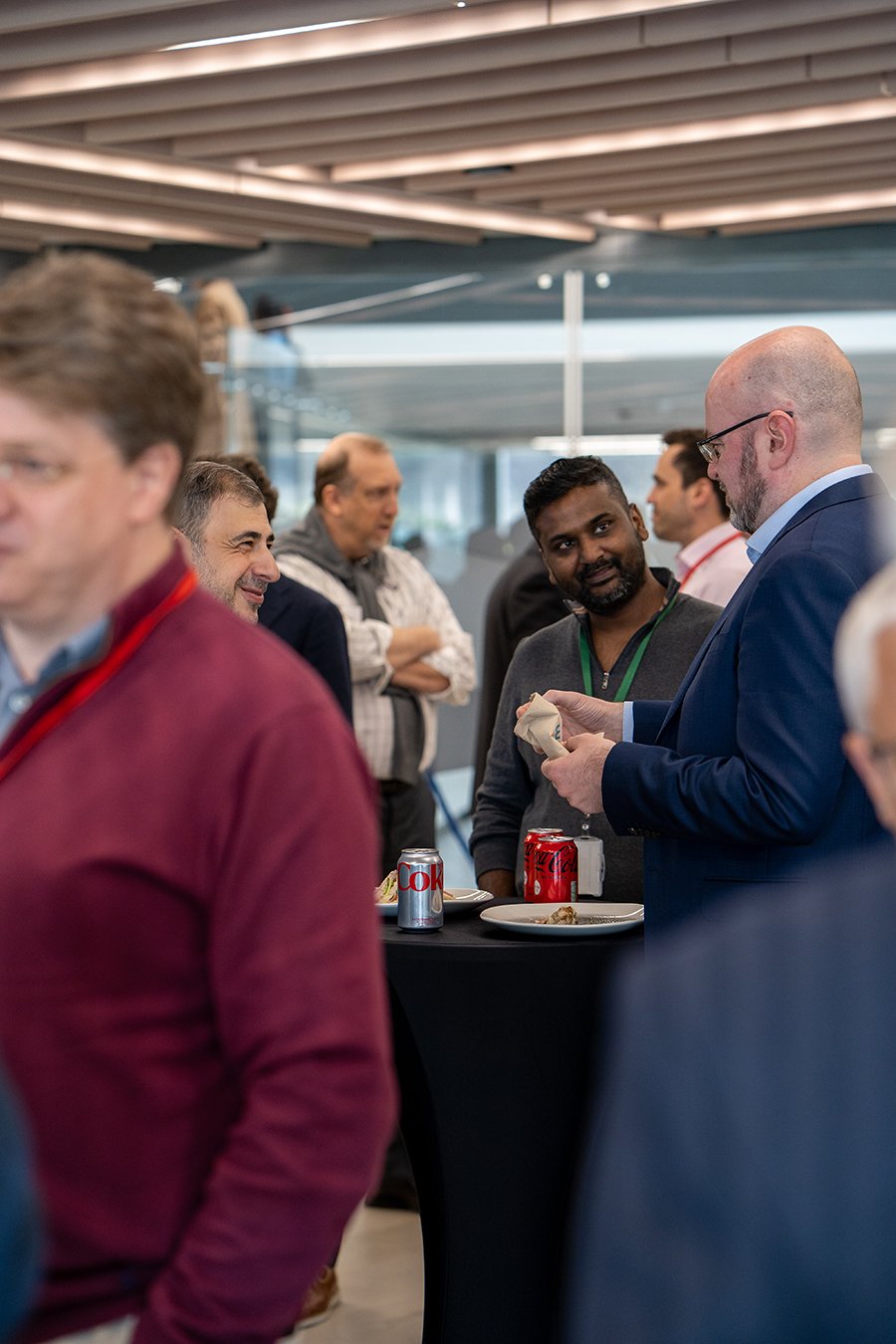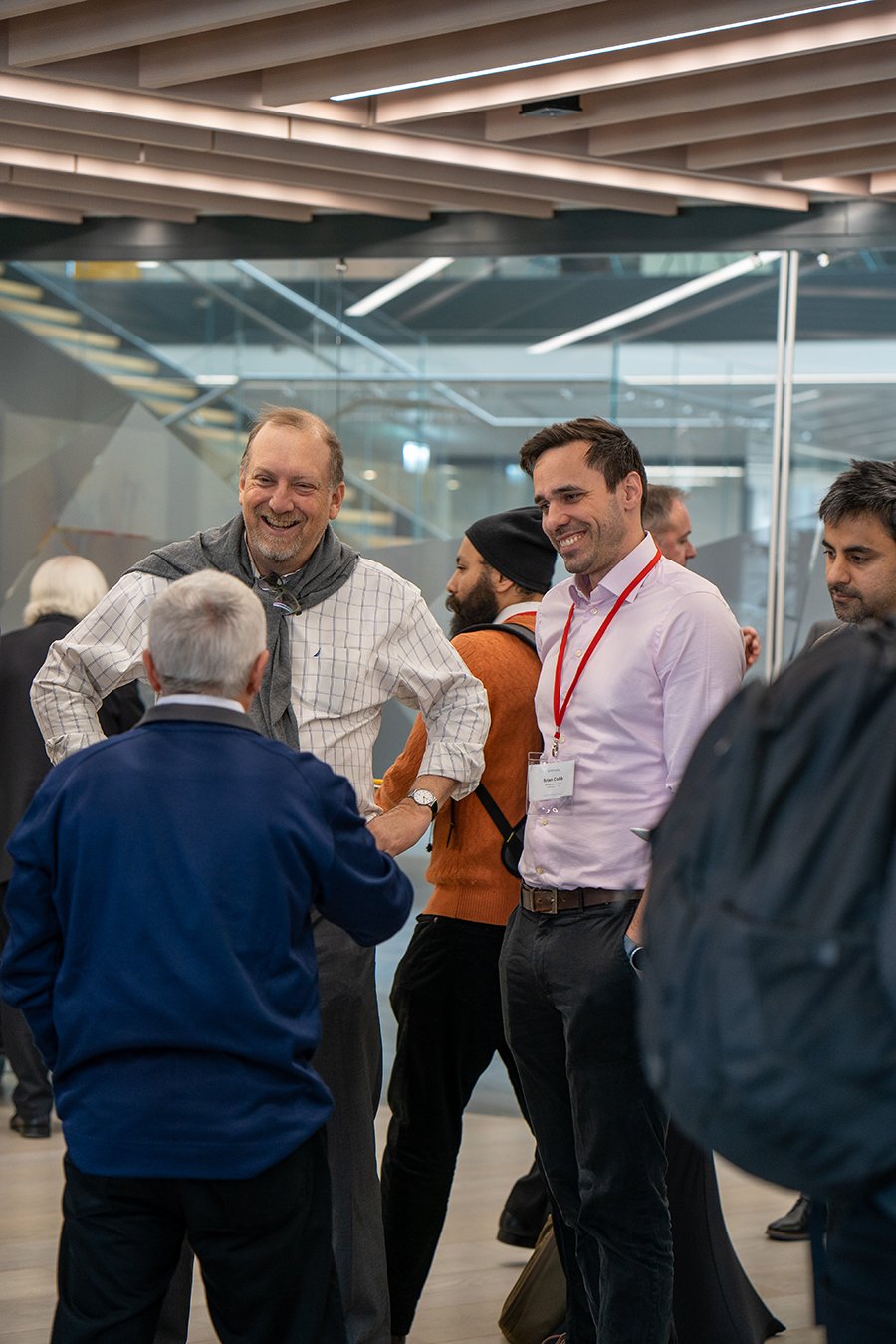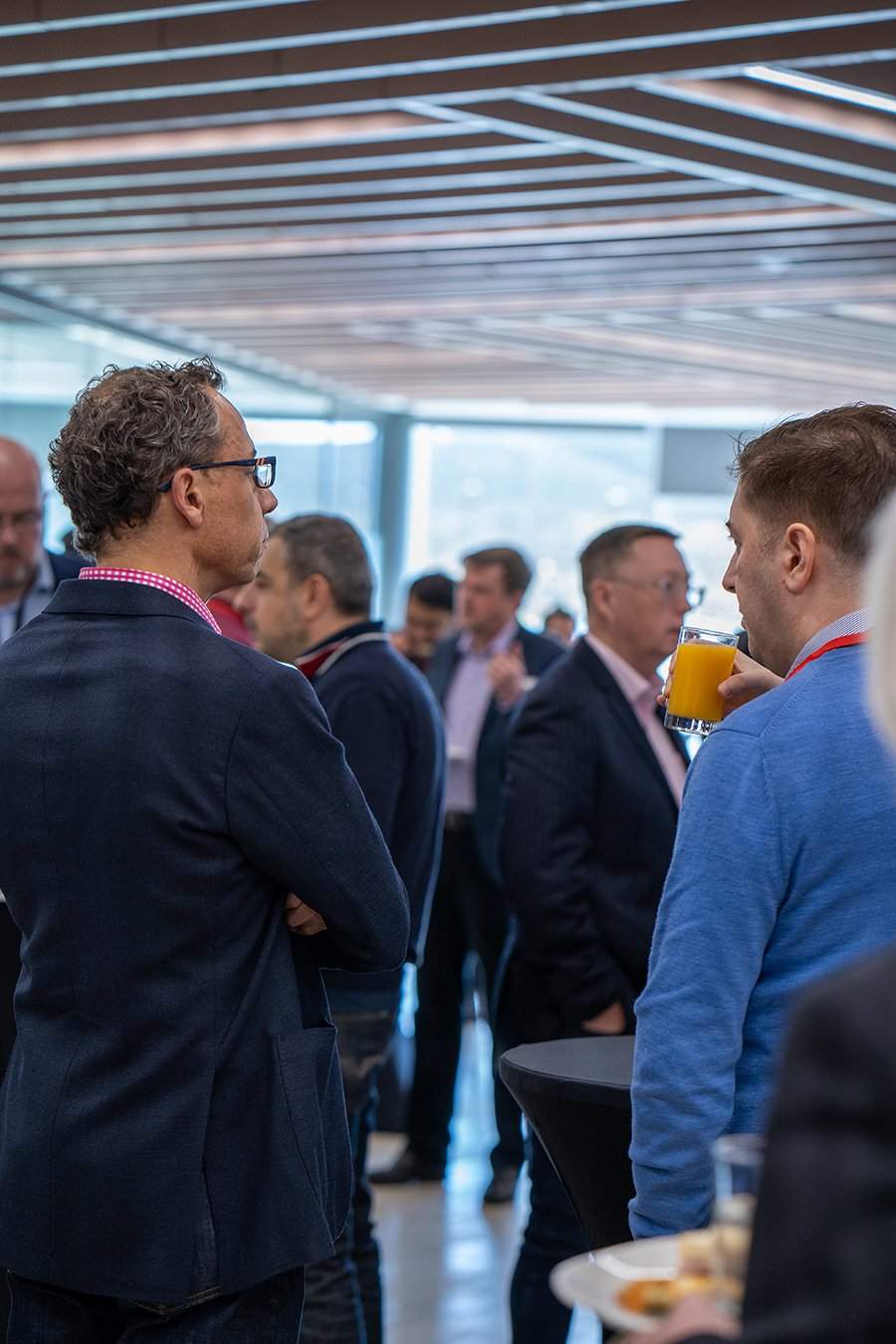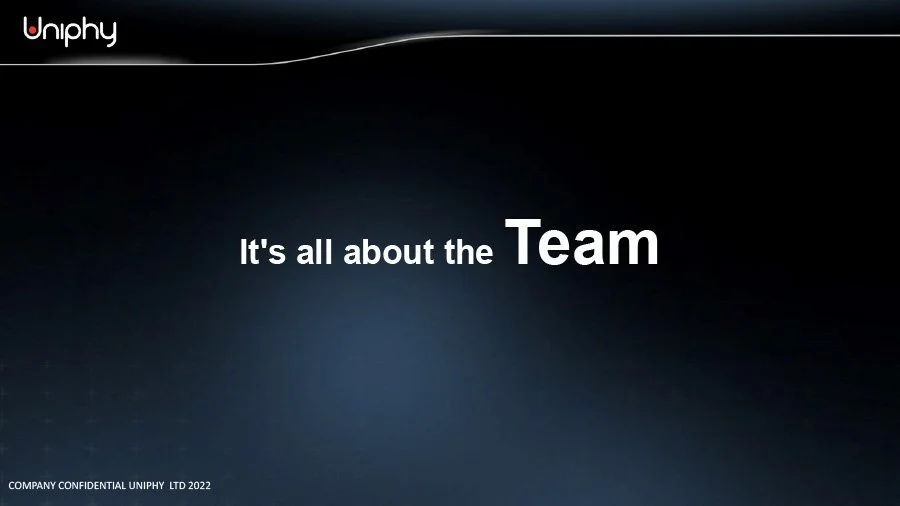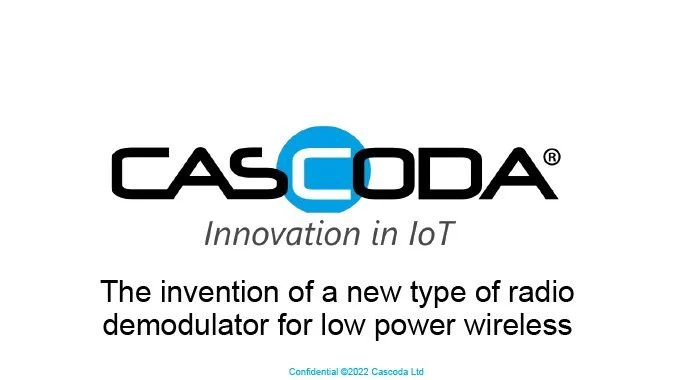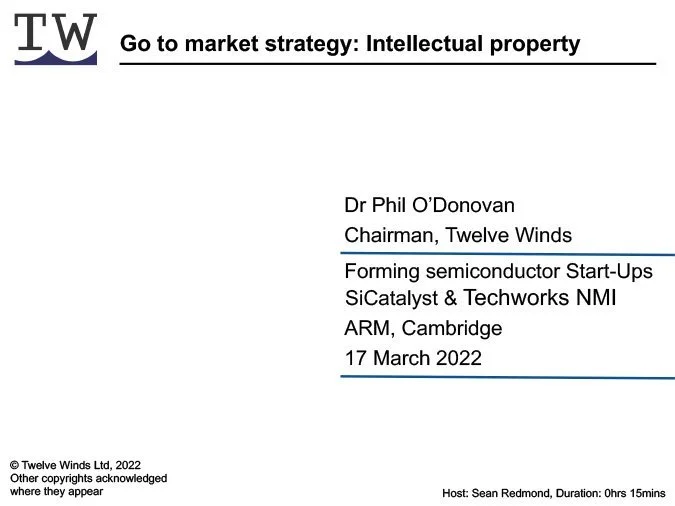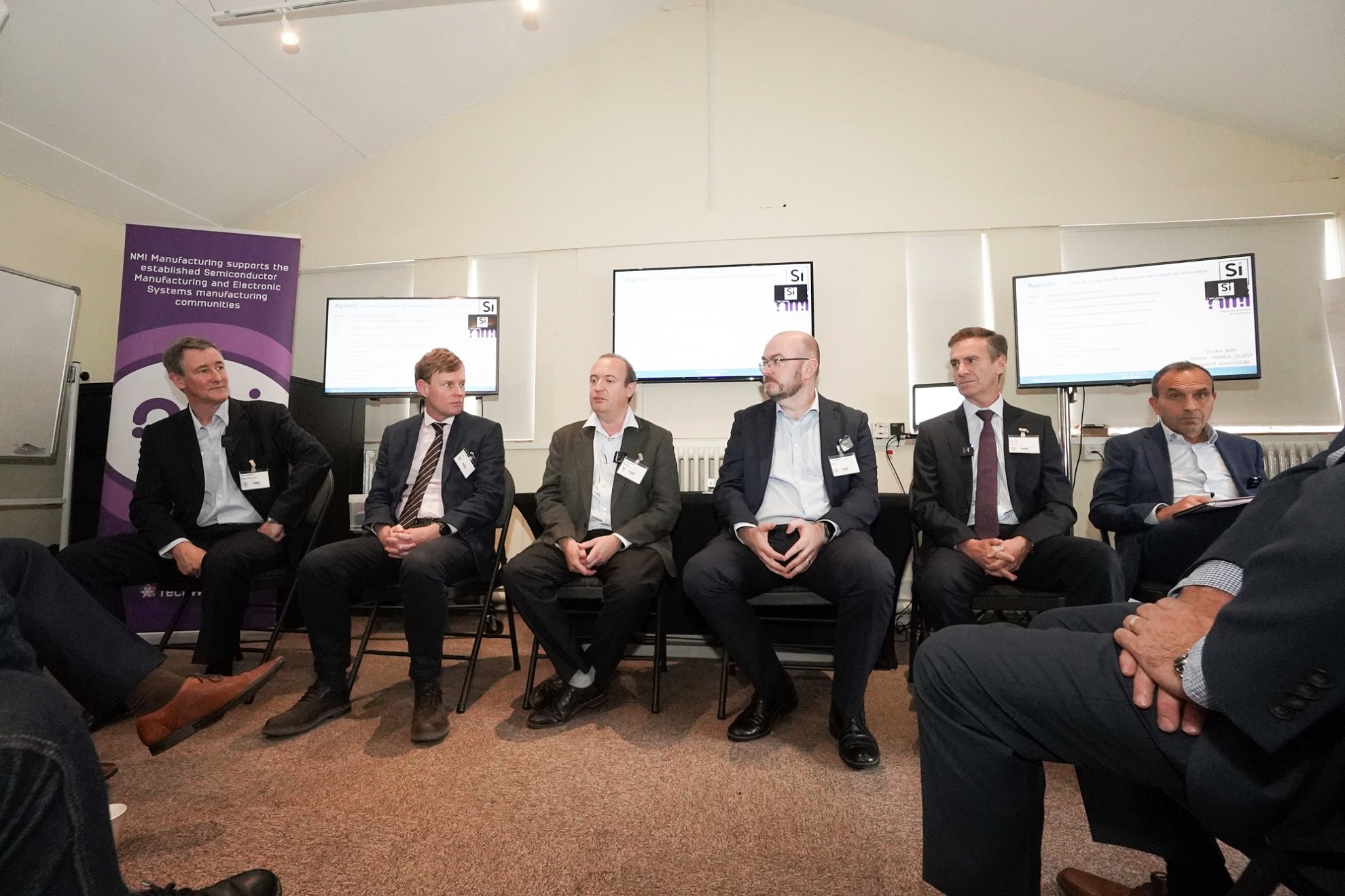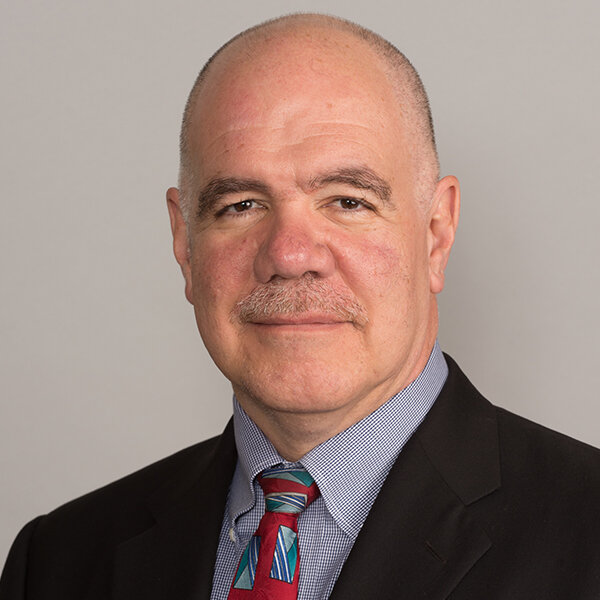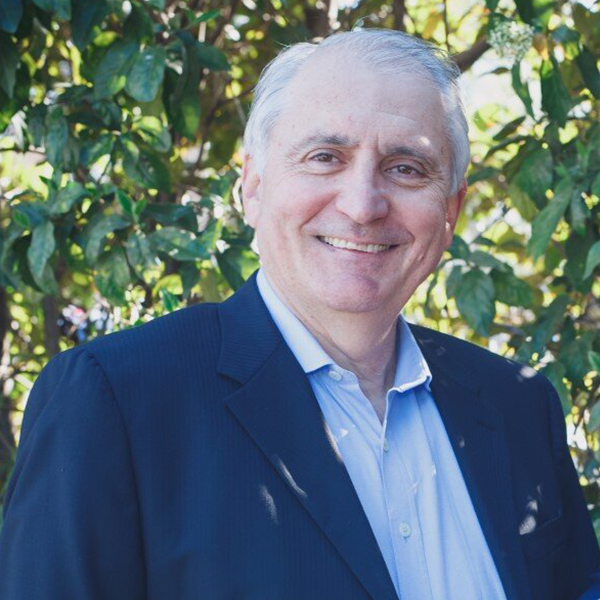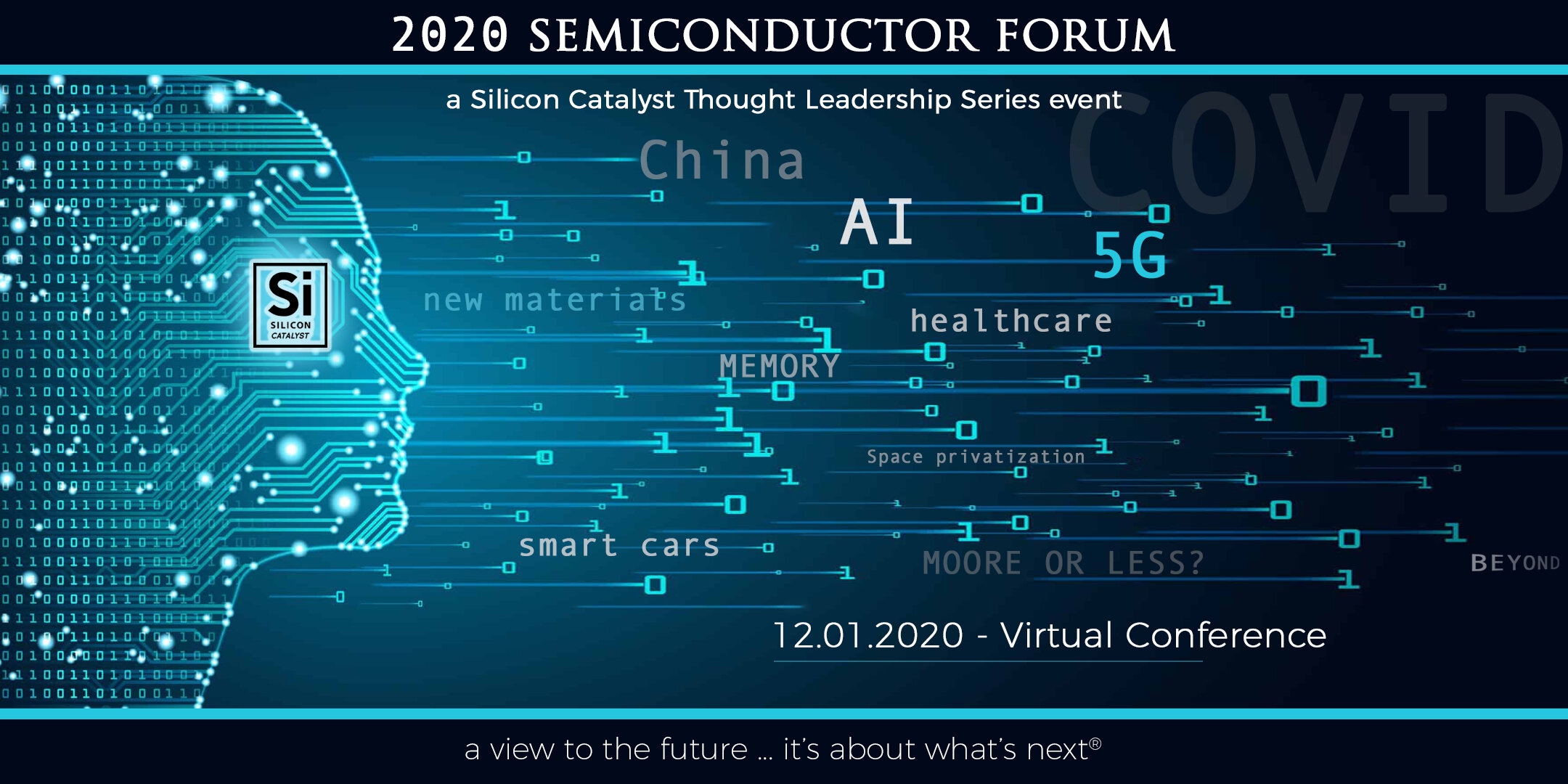Tim Ramsdale, CEO of Agile Analog, a four-year old startup who recently closed a $19 million funding round, highlighted that the semiconductor industry is a long-term play, in the range of 20-30 years. “But in the U.K., the appetite for investing in semiconductors wasn’t really there, say five years ago. We also need larger ecosystem players here,” he commented, the latter point referring to the ability to get a wider skills and talent pool to enable hiring locally.
John Reilly, the sales director for silicon partners in EMEA, India and Russia for Arm, illustrated how Israel has managed to succeed with nurturing its chip startup ecosystem and how this could be a model for the U.K. “Our business in Israel is almost exclusively with startups. So what lessons can we learn? Well, if you look at the Israeli military, it churns out a pool of experienced resources [who then go on and do their own tech startups when they leave].” In addition, he said success breeds success. “This is when successful entrepreneurs go and help other startups and also become role models themselves.”
Reilly certainly has a key point. Two of Israel’s military units, unit 81 and unit 8200, have alumni who have launched many successful technology startups. Since they are elite units looking at things like security and intelligence, and whose remit is to use technology to develop solutions that keep Israel safe, they have excellent skills and experience of using technology to solve real world problems.
When they come out of the units, they already have teams that have worked together successfully so often come together to form their own startups – an example of a recent one is NeuroBlade, who just raised $83 million for its compute-in-memory chip. Hailo is another example. According to one report earlier this year, soldiers and officers who served in Unit 81 between 2003 and 2010 have since then founded many startups – in fact around 100 veterans from the unit at the time founded 50 companies and have raised over $4 billion, with valuations over $10 billion.
Coming back to the panel, Alec Vogt, director northern Europe for Synopsys, talked about the importance of an incubator like Silicon Catalyst for startups. “In the U.K., there is no lack of creative ideas. However, what happens next is not so great. Because there isn’t an appetite for longer term investment in semiconductors in the U.K., the ecosystem supporting semiconductor investments is weak, and there are no real government funding programs.” He then said that there was a danger of the country closing in on itself. “We need to be open, create a pool of talent, bring expertise and funding here so that the great ideas can have more chance of becoming a success.”
The Silicon Catalyst and NMI collaboration is meant to address some of the issues around access to various aspects of support, including tools and in-kind benefits from key partners of the network, plus access to funding sources.
Redmond said, “The UK has world class research universities and a track record for semiconductor innovation. It also has fifteen semiconductor fabs specializing in advanced processes for photonics, power and mixed-signal RF applications. This manufacturing base has been extended with a strong MEMS, PICs and ASIC ecosystem. Combining these local assets with international partners and entrepreneurial drive creates a springboard for semiconductor start-up success.” Hence, his vision was to help create a better support network for semiconductor startups to help them grow.
Meanwhile, the legal entity behind NMI, called TechWorks, was keen to work with Silicon Catalyst to ‘de-risk’ the path to growth for chip startups in the country. The CEO of TechWorks, Alan Banks, said, “By cultivating collaboration and ensuring government recognition of the semiconductor sector in areas such as automotive, IoT, communications, AI and edge computing, we have ambitions to facilitate the next generation of semiconductor companies building on the legacy of companies such as Arm, Wolfson, Icera and, more recently, Graphcore.”
Note: “Captain Ridley’s shooting party” was the cover name used by secret service agents from MI6 and intelligence experts who headed out to Bletchley Park in 1938 to activate the secret base that became the home of the code breaking center, where Alan Turing and many others broke a number of German codes, including that of the Enigma machine.
